Power Foods That Naturally Crush Chronic Inflammation
Chronic inflammation is quietly wreaking havoc on our health, contributing to everything from heart disease to autoimmune disorders. While acute inflammation is a natural defense against injury or infection, when it becomes persistent, it can lead to long-term damage. The good news? You don’t need a complex regimen to fight inflammation. A simple, yet powerful solution lies in your diet. By incorporating common, everyday foods with proven anti-inflammatory properties, you can take a significant step toward reducing chronic inflammation and promoting overall health. In this article, we’ve expanded our list of must-have anti-inflammatory foods that can easily be included in your meals.
1. Olive Oil: The Liquid Gold
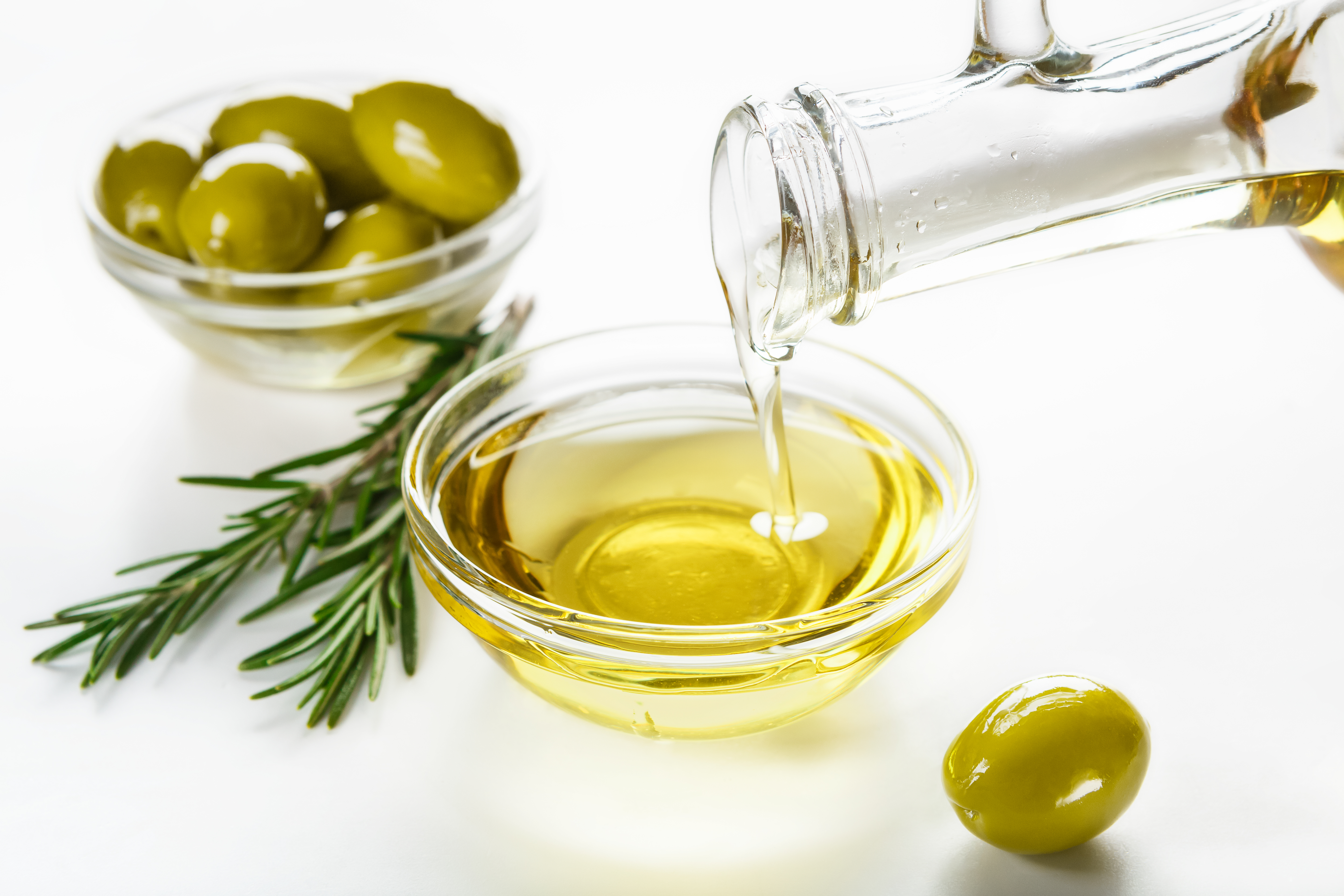
Olive oil, particularly extra virgin olive oil, is a staple of the Mediterranean diet, renowned for its health benefits. Rich in monounsaturated fats and polyphenols, olive oil has been shown to reduce inflammation markers such as C-reactive protein. The phenolic compounds in olive oil, like oleocanthal, have anti-inflammatory properties similar to ibuprofen. Incorporating olive oil into your diet can be as simple as using it for salad dressings, drizzling it over roasted vegetables, or substituting it for butter in cooking. By doing so, you not only enhance the flavor of your dishes but also infuse them with a dose of anti-inflammatory goodness. Regular consumption of olive oil has been linked to reduced risks of heart disease, stroke, and certain cancers, highlighting its role as a cornerstone of an anti-inflammatory diet.
2. The Berry Brigade: Blueberries, Strawberries, and More
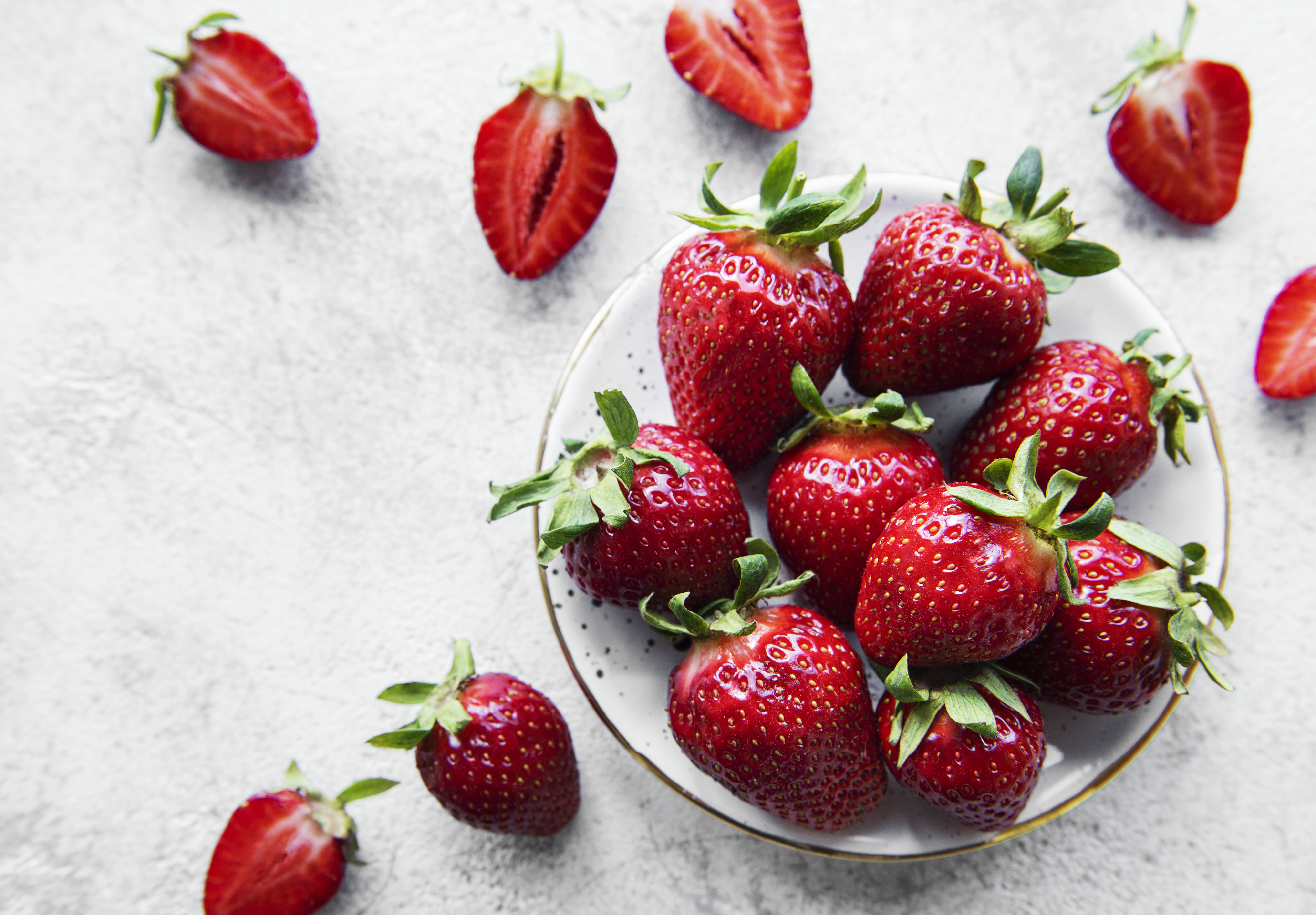
Berries are small but mighty when it comes to their anti-inflammatory effects. Blueberries, strawberries, raspberries, and blackberries are rich in vitamins, minerals, and antioxidants, particularly anthocyanins, which give them their vibrant colors. These antioxidants help combat oxidative stress and reduce inflammation. Studies have shown that regular consumption of berries can lower inflammation markers and reduce the risk of chronic diseases such as heart disease and diabetes. Berries are versatile and can be added to smoothies, oatmeal, yogurt, or eaten as a snack. Their natural sweetness makes them a delightful addition to any meal, proving that fighting inflammation can be as delicious as it is nutritious.
3. The Power of Leafy Greens
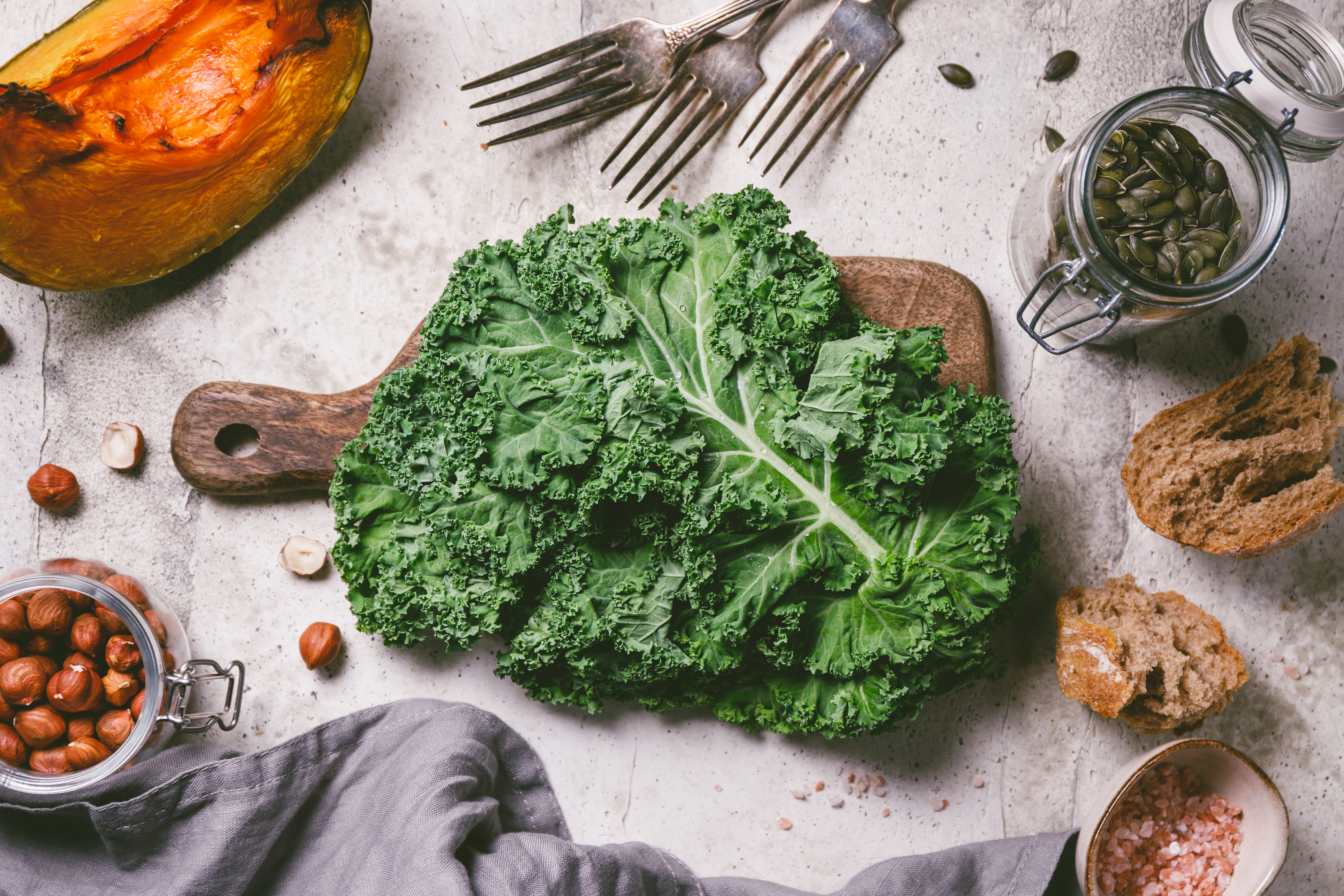
Leafy greens like spinach, kale, and Swiss chard are nutritional powerhouses packed with vitamins A, C, and K, as well as minerals and phytochemicals with anti-inflammatory properties. These greens are high in antioxidants, which help protect cells from damage and reduce inflammation. They also contain fiber, which supports gut health and further aids in reducing inflammation. Incorporating leafy greens into your diet can be as simple as adding them to salads, smoothies, or as a side dish. Their versatility means they can be enjoyed raw, steamed, or sautéed. Regular consumption of leafy greens has been linked to a lower risk of chronic diseases, making them an essential component of an anti-inflammatory diet.
4. Fatty Fish: Omega-3 Rich Superstars
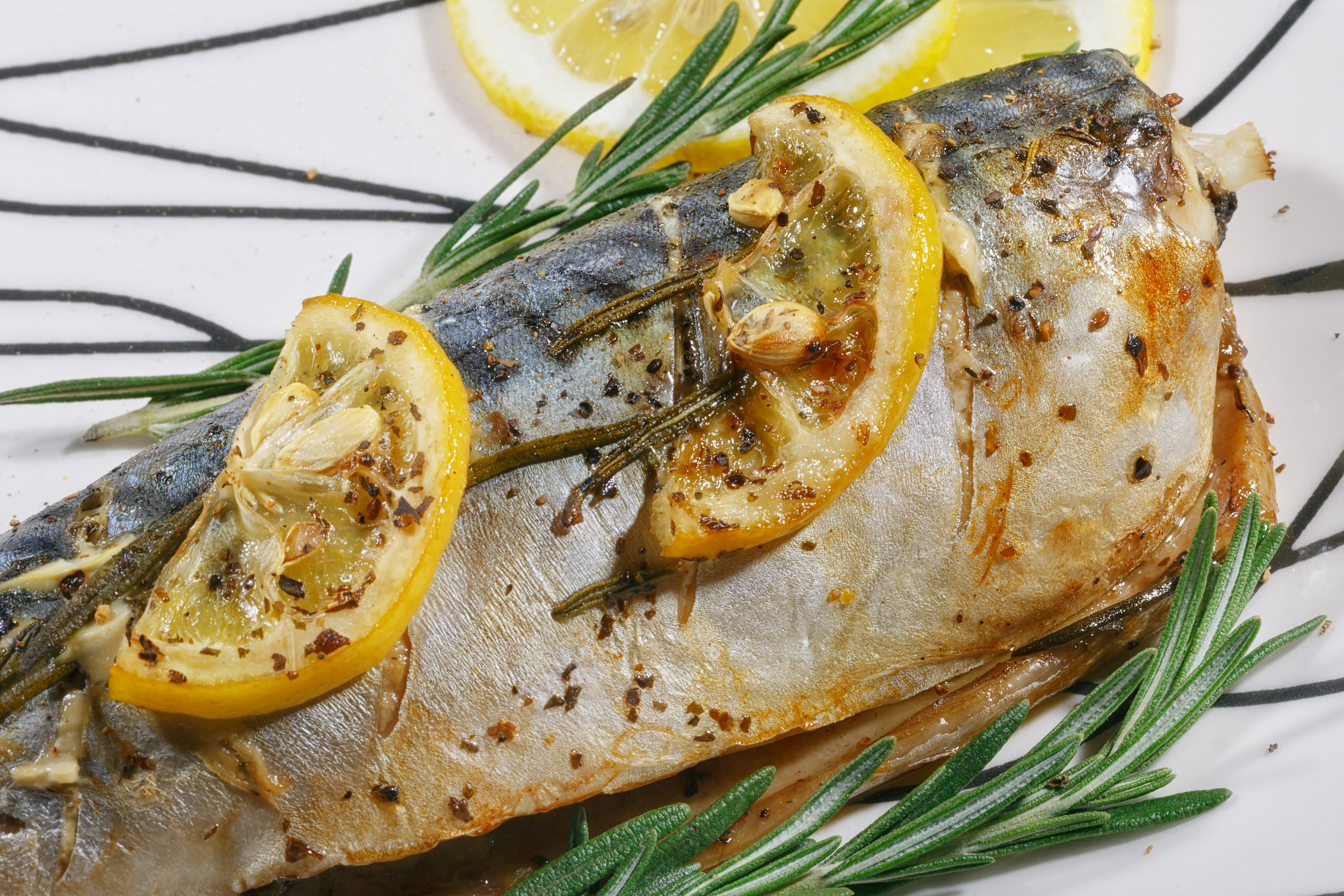
Fatty fish such as salmon, mackerel, sardines, and trout are among the best sources of omega-3 fatty acids, which are renowned for their anti-inflammatory properties. Omega-3s help reduce the production of inflammatory compounds and have been shown to lower the risk of heart disease, arthritis, and other inflammatory conditions. Including fatty fish in your diet can be as simple as having grilled salmon for dinner or adding sardines to a salad. For those who do not consume fish, omega-3 supplements derived from algae are an excellent alternative. Regular consumption of omega-3-rich foods is associated with improved heart health, cognitive function, and overall well-being.
5. Nuts and Seeds: Tiny Titans of Health
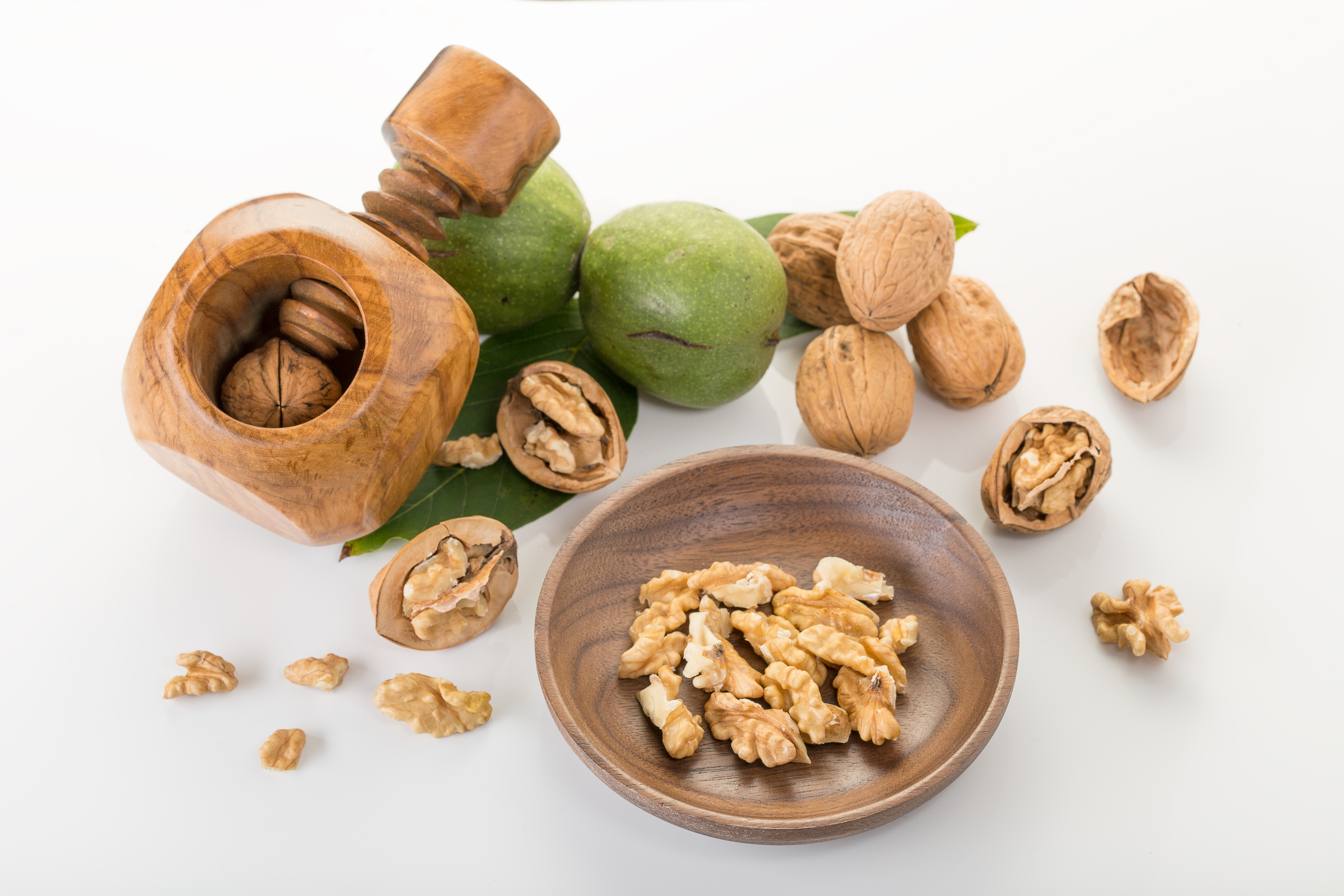
Nuts and seeds, including almonds, walnuts, chia seeds, and flaxseeds, are rich in healthy fats, fiber, and antioxidants. Walnuts, in particular, are high in omega-3 fatty acids, while almonds provide a good dose of vitamin E, a powerful antioxidant. These nutrients work together to reduce inflammation and support heart health. Nuts and seeds are easy to incorporate into your diet; they can be added to oatmeal, salads, or eaten as a snack. Their crunchy texture and rich flavor make them a satisfying addition to any meal. Regular consumption of nuts and seeds has been linked to a reduced risk of chronic diseases, highlighting their role as essential components of an anti-inflammatory diet.
6. The Allium Family: Garlic and Onions
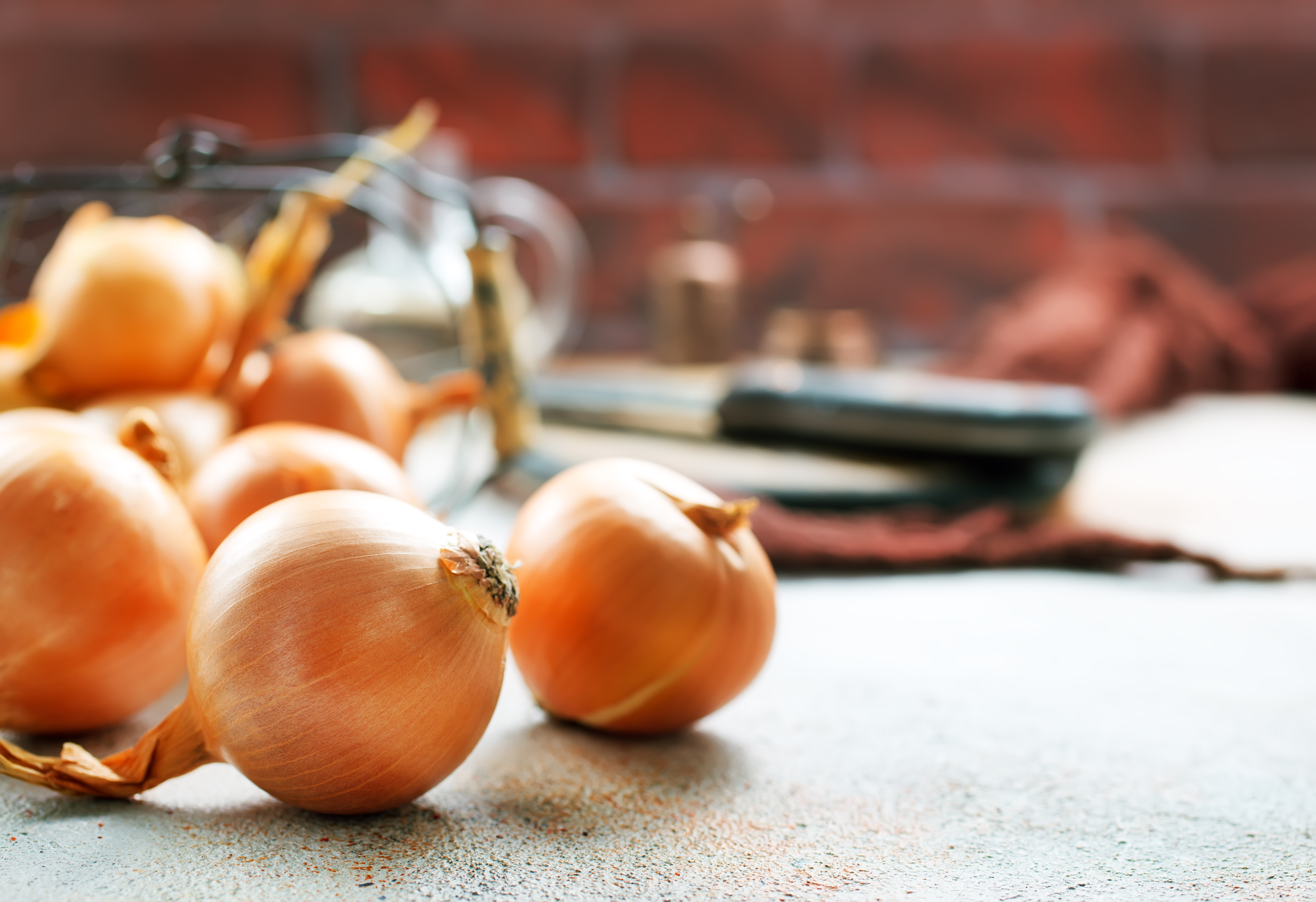
Garlic and onions are members of the allium family, known for their pungent flavors and health benefits. They contain sulfur compounds that have been shown to reduce inflammation and boost immune function. Garlic, in particular, has been used for centuries for its medicinal properties and is known to lower inflammation markers and reduce the risk of heart disease. Onions are rich in quercetin, an antioxidant that helps fight inflammation. Incorporating garlic and onions into your meals can be as simple as adding them to soups, stews, or stir-fries. Their robust flavors enhance the taste of dishes while providing a potent dose of anti-inflammatory compounds.
7. The Turmeric Tale: Curcumin's Magic
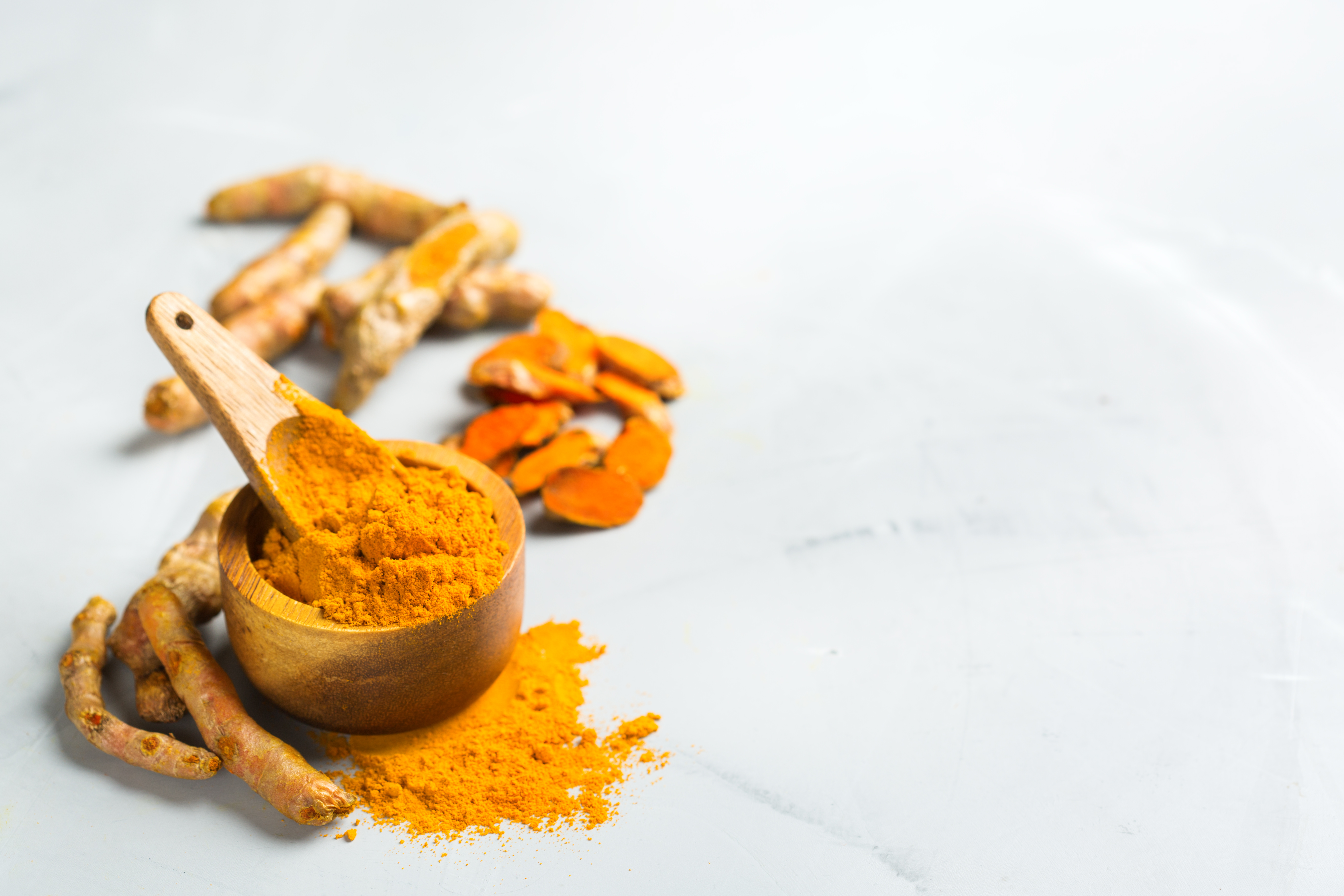
Turmeric, a bright yellow spice commonly used in Indian cuisine, contains curcumin, a compound with powerful anti-inflammatory and antioxidant properties. Curcumin has been shown to inhibit molecules that play a role in inflammation and has been studied for its potential to alleviate symptoms of arthritis and other inflammatory conditions. Incorporating turmeric into your diet can be as simple as adding it to curries, soups, or smoothies. To enhance the absorption of curcumin, it’s beneficial to consume it with black pepper and healthy fats. Regular consumption of turmeric can contribute to reduced inflammation and improved overall health, making it a valuable addition to an anti-inflammatory diet.
8. The Benefits of Green Tea

Green tea is rich in polyphenols, particularly epigallocatechin gallate (EGCG), which have been shown to reduce inflammation and protect cells from damage. Regular consumption of green tea has been associated with a lower risk of heart disease, cancer, and other chronic conditions. Green tea can be enjoyed hot or cold, and its subtle flavor makes it a refreshing beverage choice. For those who prefer a stronger taste, matcha, a powdered form of green tea, offers a more concentrated dose of its beneficial compounds. Incorporating green tea into your daily routine can be a simple yet effective way to support your body’s fight against inflammation.
9. The Citrus Advantage
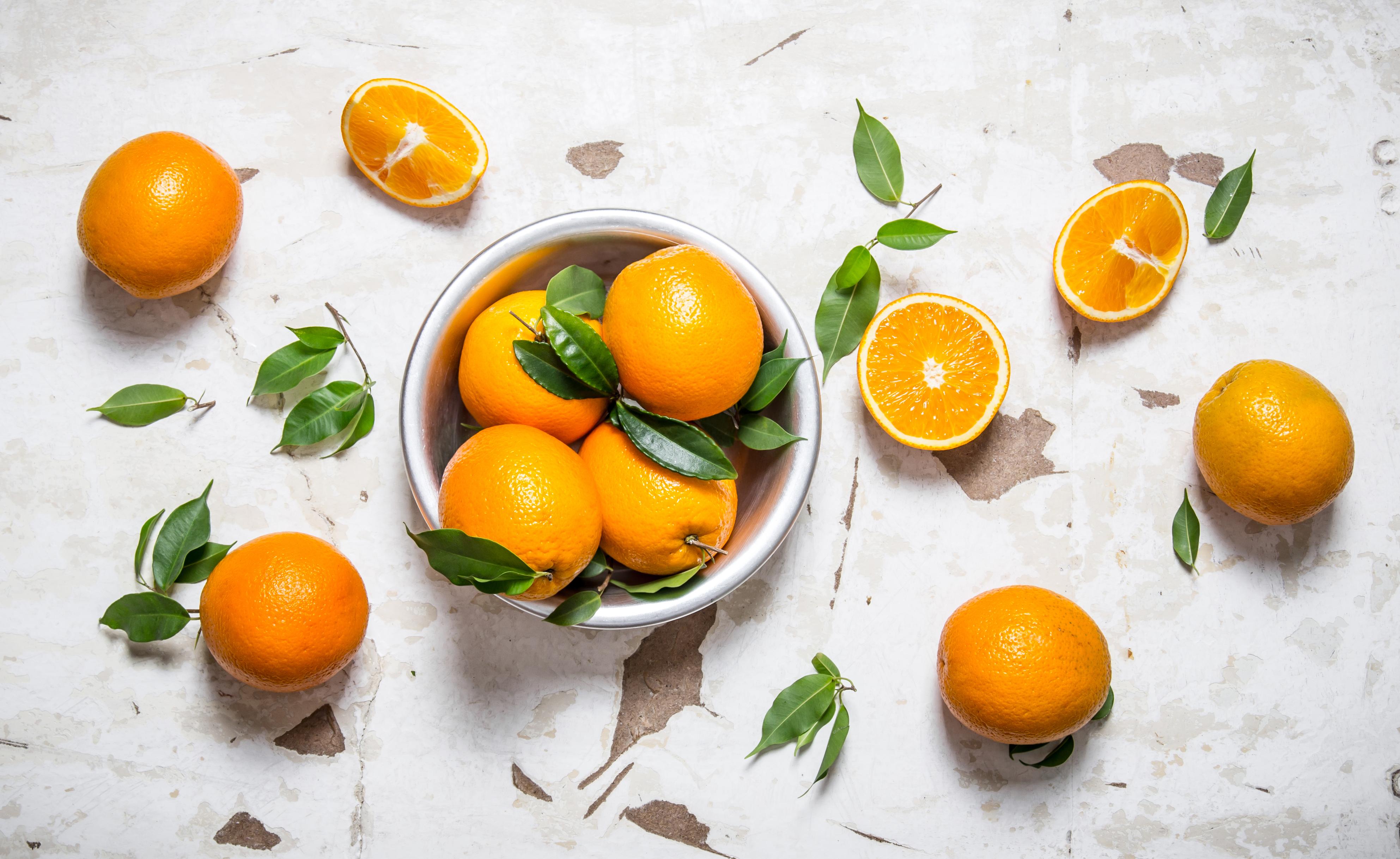
Citrus fruits such as oranges, lemons, limes, and grapefruits are rich in vitamin C, an antioxidant that helps reduce inflammation and boost immune function. These fruits also contain flavonoids that have been shown to have anti-inflammatory effects. Incorporating citrus fruits into your diet can be as simple as enjoying an orange as a snack, adding lemon juice to water, or using lime in dressings and marinades. Their bright flavors and refreshing taste make them a delightful addition to any meal. Regular consumption of citrus fruits has been linked to improved heart health and a reduced risk of chronic diseases, underscoring their role as anti-inflammatory allies.
10. Whole Grains: The Fiber Connection
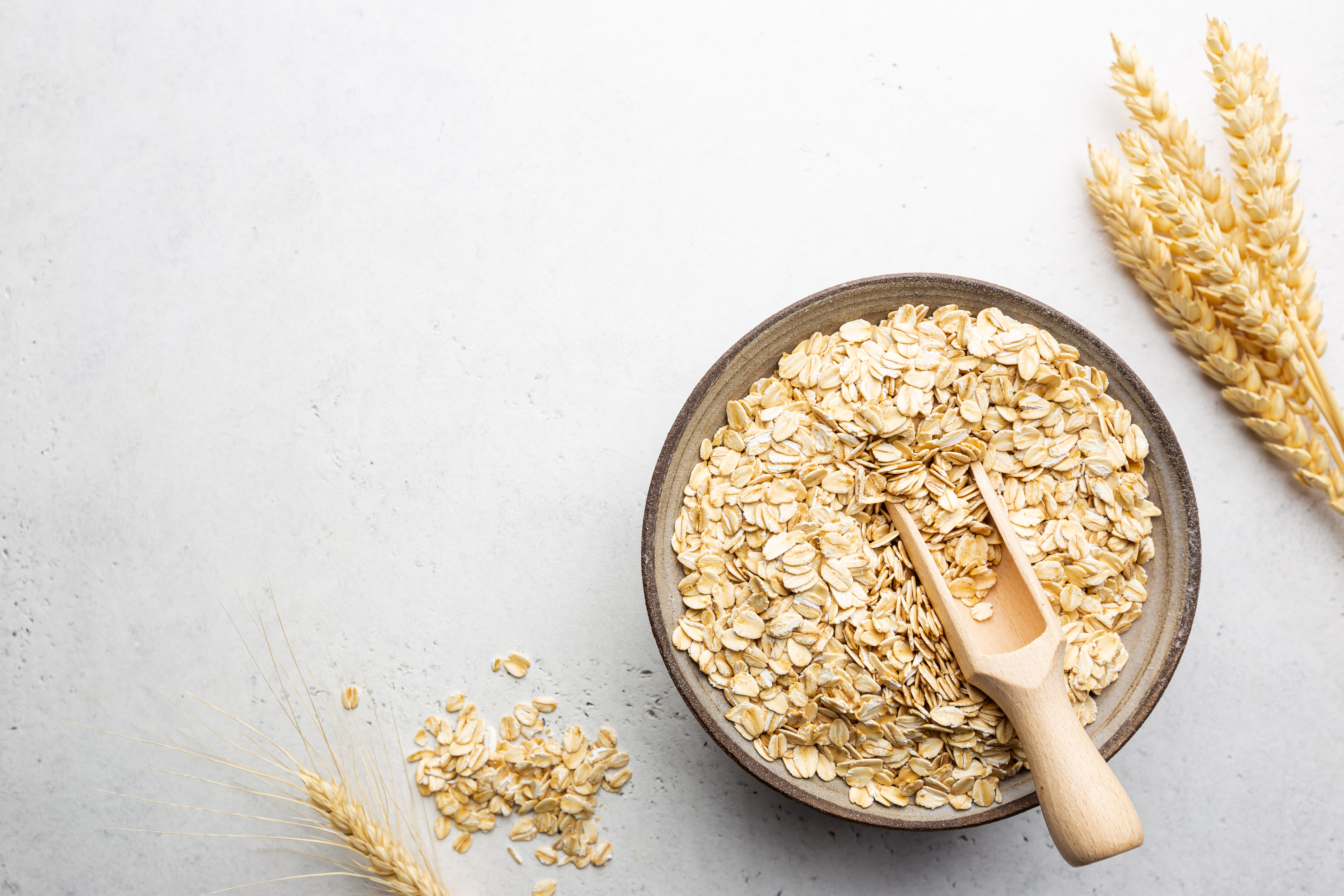
Whole grains like oats, brown rice, quinoa, and barley are rich in fiber, which supports gut health and helps reduce inflammation. Unlike refined grains, whole grains retain their bran and germ, providing essential nutrients and antioxidants. The fiber in whole grains promotes healthy digestion and helps maintain stable blood sugar levels, both of which are important for managing inflammation. Incorporating whole grains into your diet can be as simple as choosing whole-grain bread, pasta, or cereal. Their nutty flavors and hearty textures make them a satisfying addition to any meal. Regular consumption of whole grains has been associated with a lower risk of heart disease and other chronic conditions, highlighting their importance in an anti-inflammatory diet.
11. The Role of Legumes
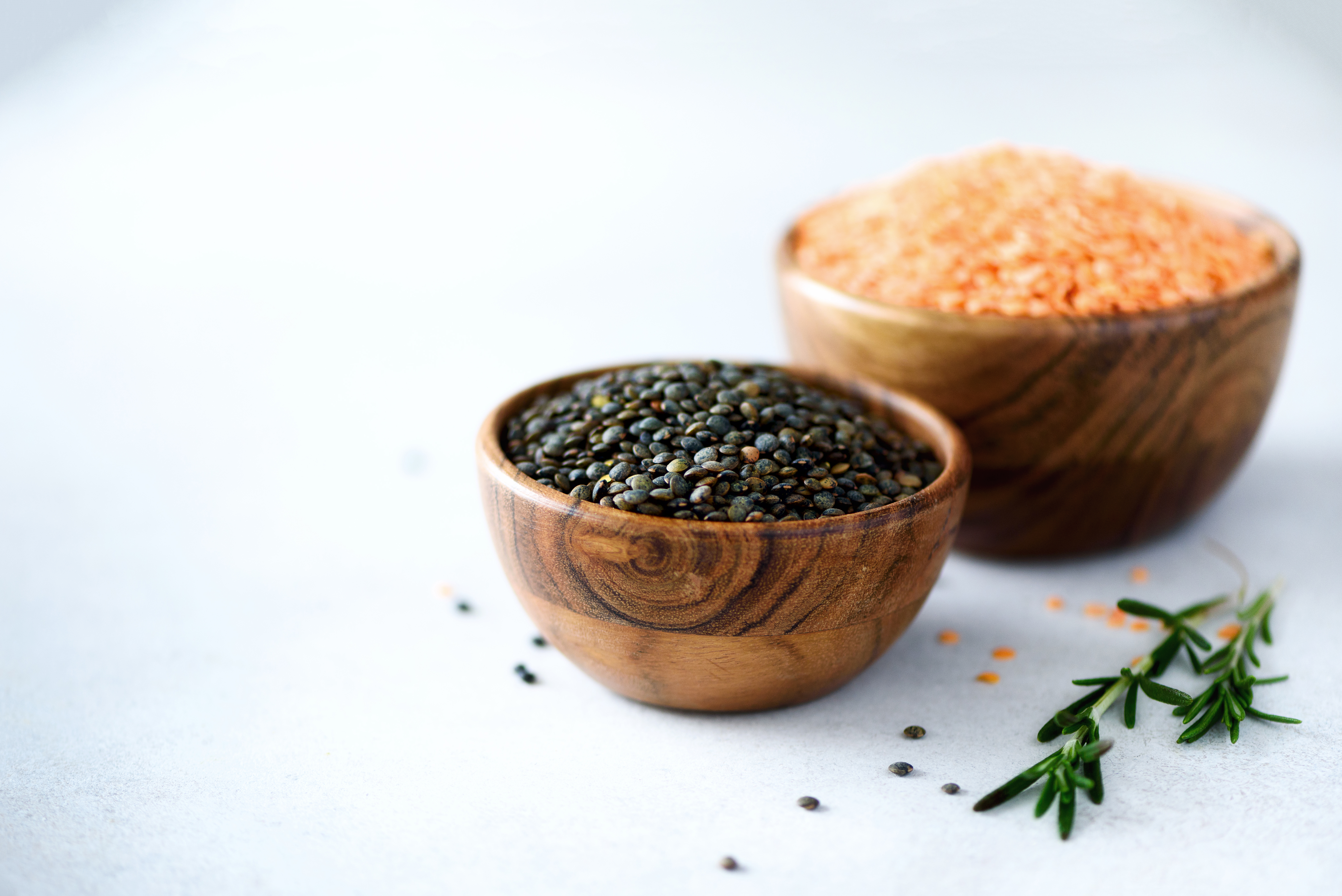
Legumes, including beans, lentils, and chickpeas, are rich in protein, fiber, and antioxidants. They provide essential nutrients that help reduce inflammation and support overall health. The fiber in legumes promotes healthy digestion and helps regulate blood sugar levels, which is important for managing inflammation. Incorporating legumes into your diet can be as simple as adding them to soups, stews, or salads. Their versatility and affordability make them a practical addition to any meal. Regular consumption of legumes has been linked to a reduced risk of heart disease, diabetes, and other chronic conditions, making them a valuable component of an anti-inflammatory diet.
12. Mushrooms: The Immune-Modulating Superfood
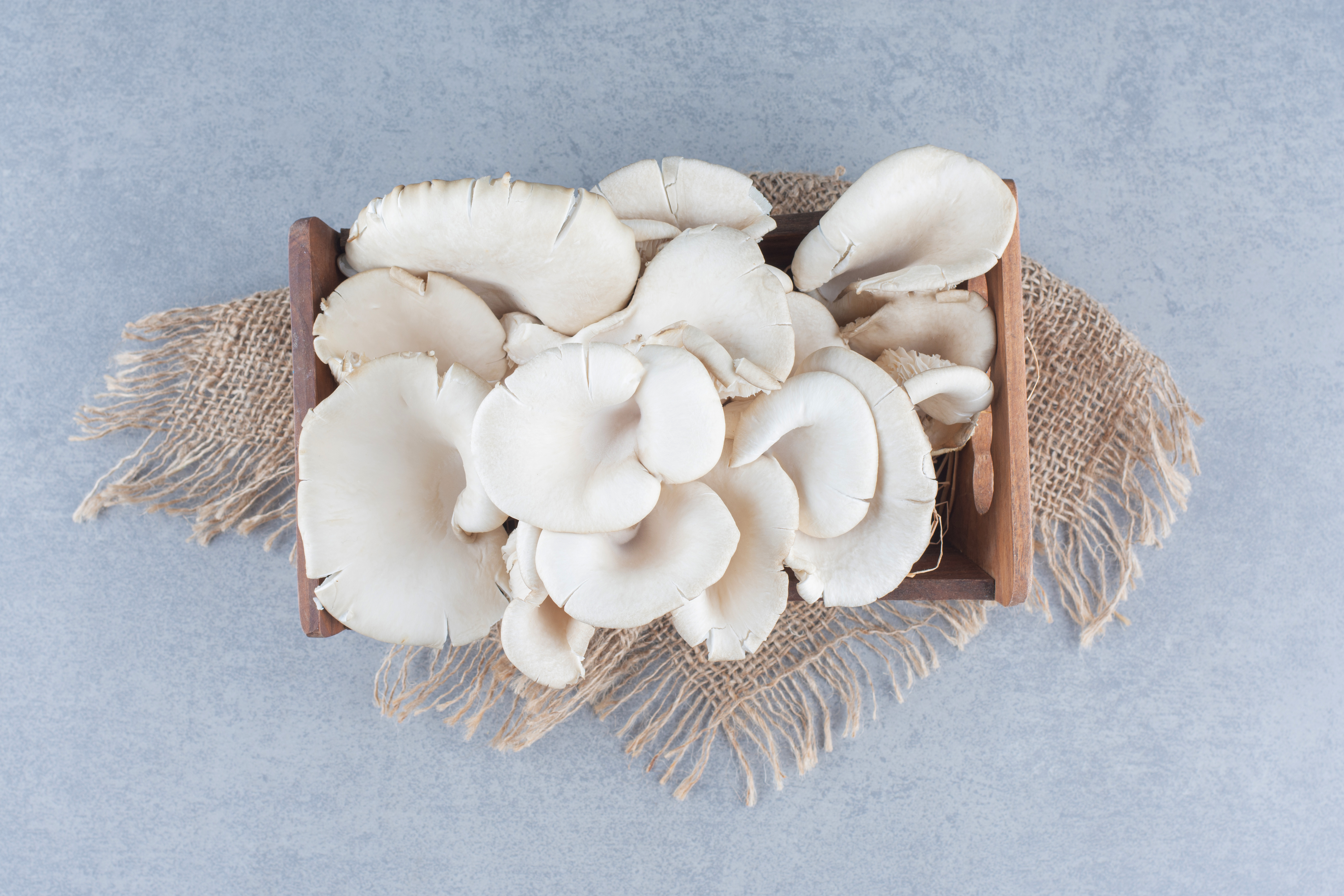
Mushrooms, especially varieties like shiitake, maitake, and oyster, are often overlooked in anti-inflammatory diets but pack a significant punch when it comes to reducing chronic inflammation. These fungi contain bioactive compounds like ergothioneine and beta-glucans, which have been shown to support immune regulation and decrease inflammatory markers in the body. Shiitake mushrooms, in particular, have been found to reduce CRP levels and enhance gut immunity. Additionally, mushrooms are rich in selenium, vitamin D (especially when exposed to sunlight), and antioxidants that combat oxidative stress. They’re incredibly versatile in the kitchen—add them to stir-fries, soups, omelets, or even grill them as a meaty, flavorful side dish. With their ability to modulate immune response and enhance gut health, mushrooms are a delicious and functional way to round out your anti-inflammatory arsenal, proving that some of the most powerful medicinal foods can be found right in your produce aisle.
13. Pineapple: A Sweet, Tropical Anti-Inflammatory
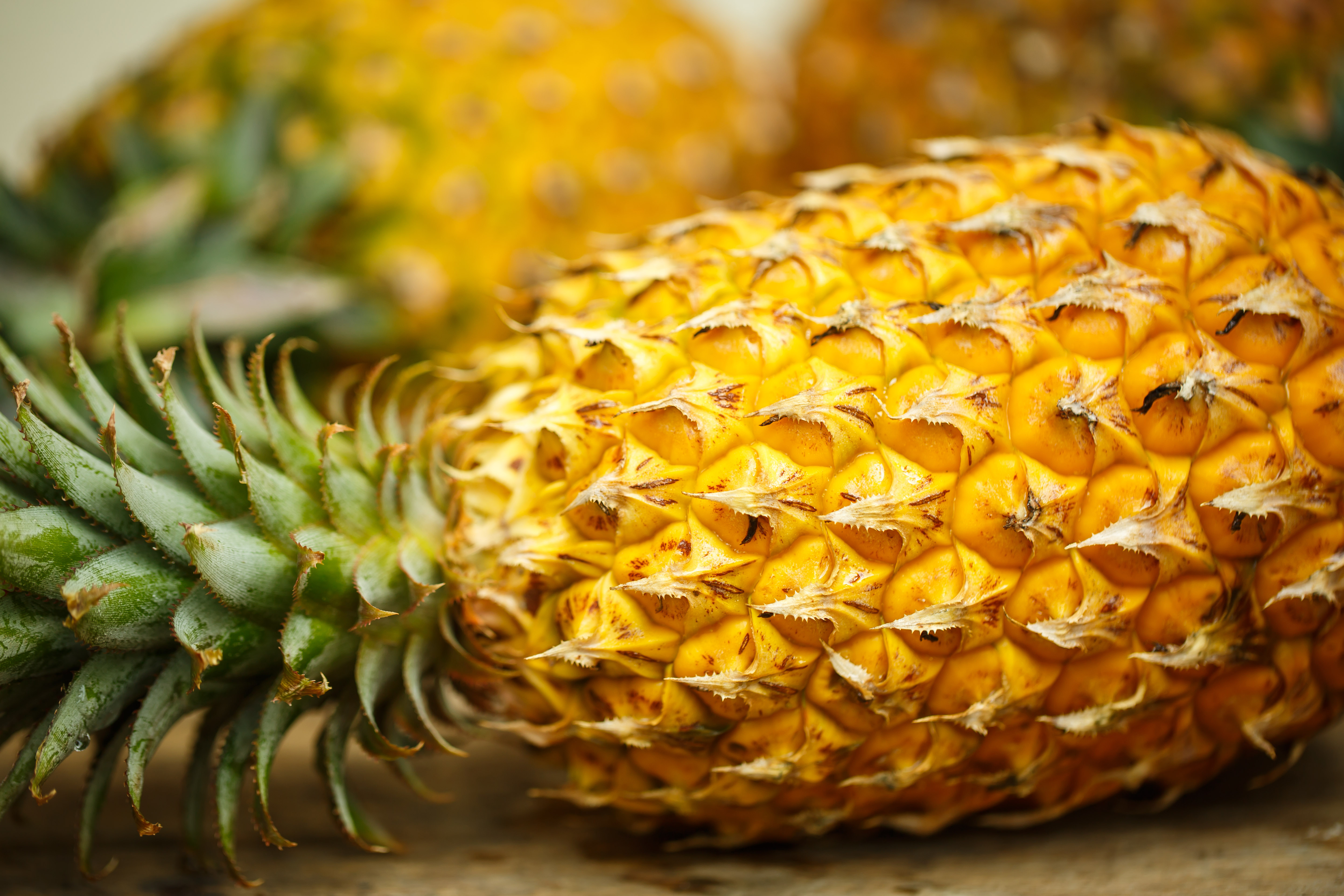
Pineapple is not just delicious, it’s packed with bromelain, a powerful enzyme that has been shown to reduce inflammation. Bromelain helps break down proteins that cause swelling and stiffness, particularly in the joints. Pineapple is also a rich source of vitamin C, which supports immune health and combats oxidative stress. Adding fresh pineapple to smoothies, fruit salads, or enjoying it as a snack can provide relief from inflammation while satisfying your sweet tooth. Its anti-inflammatory benefits also extend to supporting digestion and reducing the risk of chronic conditions such as arthritis.
14. Avocados: Creamy, Heart-Healthy Fat
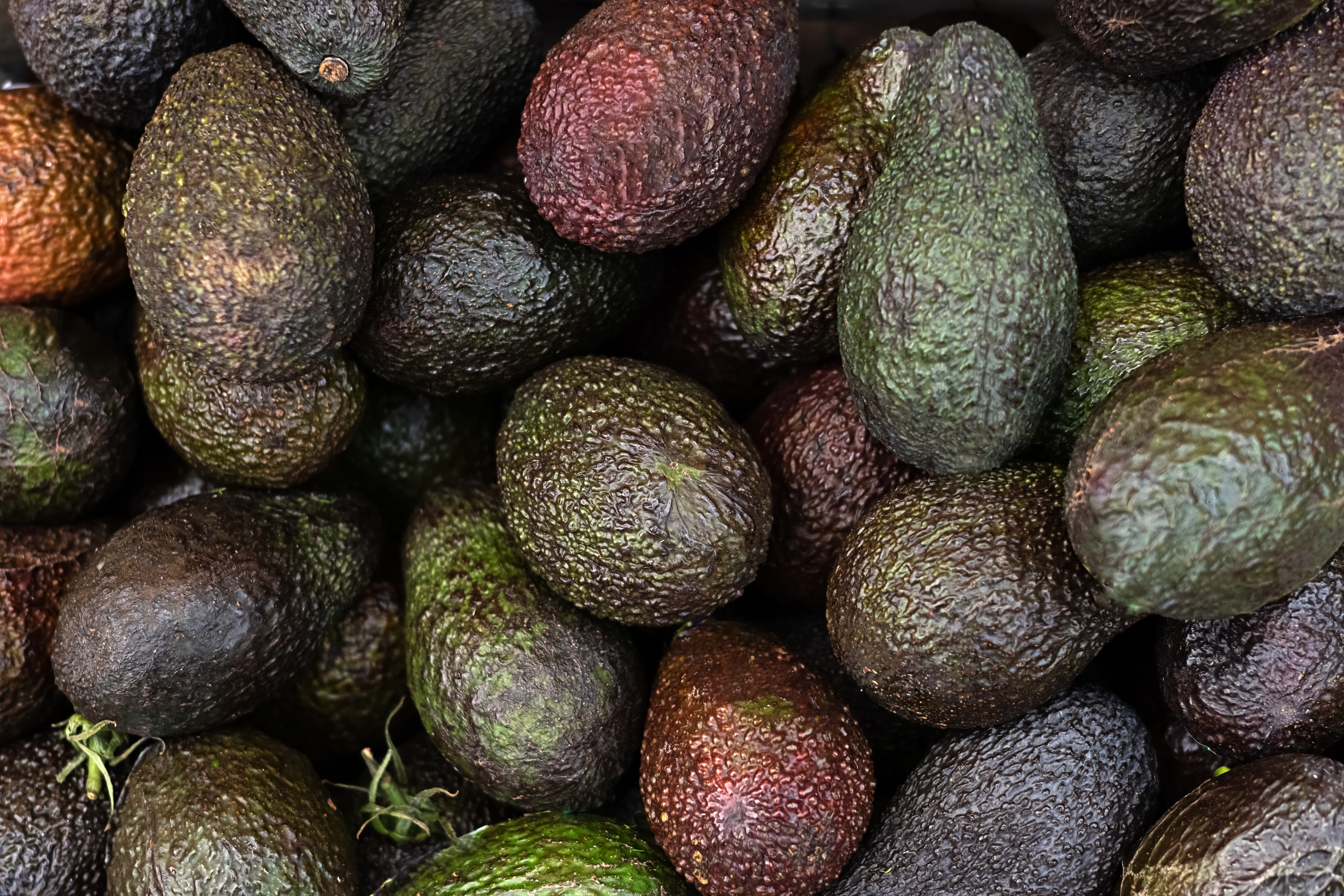
Avocados are a fantastic source of monounsaturated fats, which have been shown to reduce inflammation in the body. They are rich in antioxidants like vitamin E, which helps neutralize free radicals that contribute to chronic inflammation. Avocados also contain carotenoids like lutein and zeaxanthin, which protect against oxidative damage. These creamy fruits can be easily added to salads, mashed on toast, or blended into smoothies, making them a versatile and anti-inflammatory powerhouse. Regular consumption of avocados has been linked to improved heart health and reduced risk of chronic diseases.
15. Beets: Rooted in Anti-Inflammatory Benefits
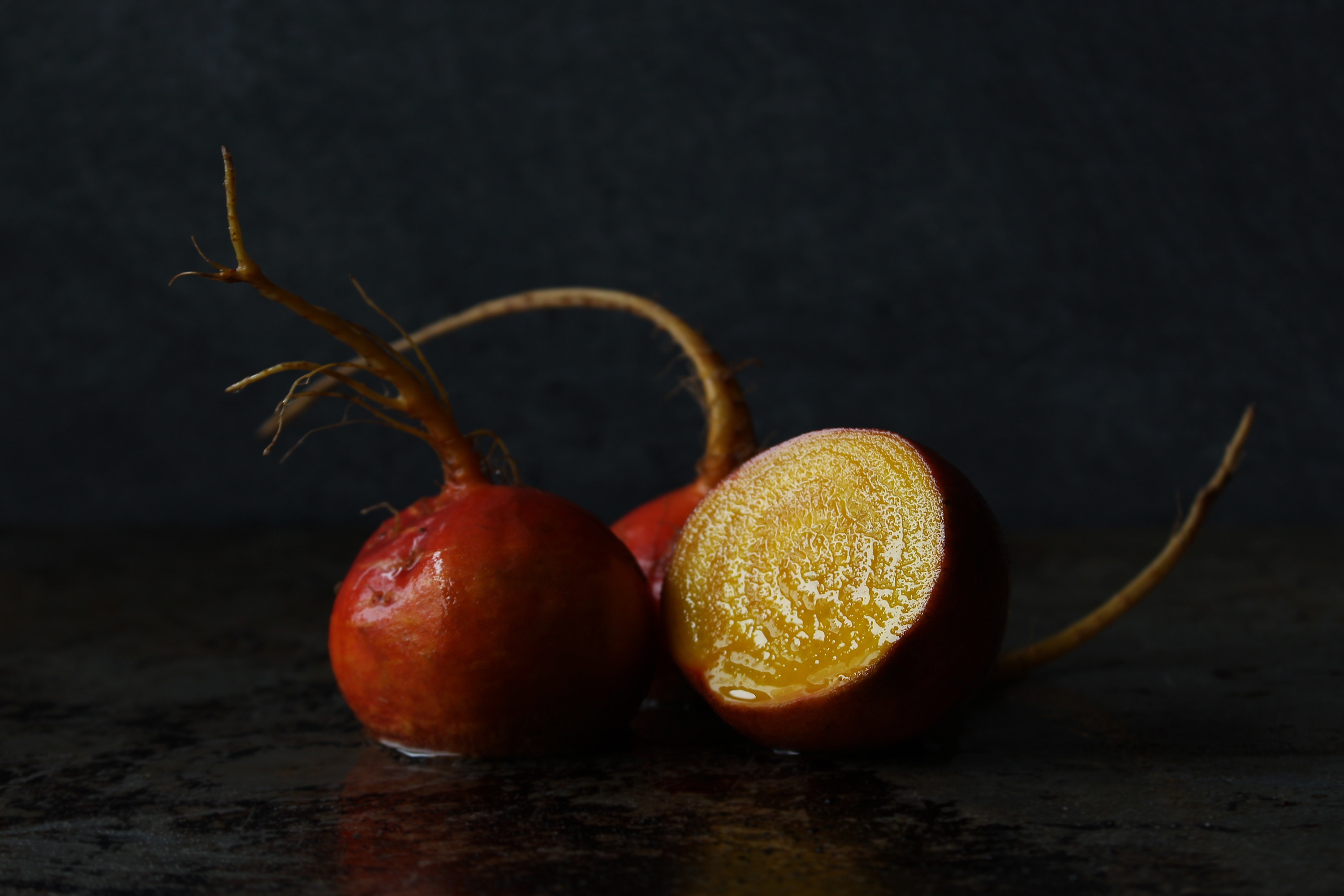
Beets are a root vegetable that offer significant anti-inflammatory properties, thanks to their high levels of betalains, antioxidants that fight oxidative stress and inflammation. Studies have shown that beetroot juice can lower inflammation markers and improve blood circulation. Beets also provide nitrates, which help reduce blood pressure and improve cardiovascular health. You can roast, steam, or juice beets, making them a versatile and tasty addition to any meal. Regular consumption of beets can support joint health, enhance recovery from exercise, and lower your risk of inflammation-related chronic diseases.
16. Dark Chocolate: The Sweet Anti-Inflammatory Boost

Dark chocolate (with at least 70% cocoa) is loaded with flavonoids, which have been shown to reduce inflammation and improve heart health. These compounds help neutralize free radicals and reduce inflammation markers in the body. Dark chocolate is also a mood booster, as it stimulates the production of endorphins and serotonin, providing a natural way to combat stress and its inflammatory effects. Enjoying a small piece of dark chocolate daily can enhance brain function, support heart health, and satisfy your sweet cravings without the inflammation-inducing effects of sugary treats.
17. Coconut Oil: Nature’s Anti-Inflammatory Fat
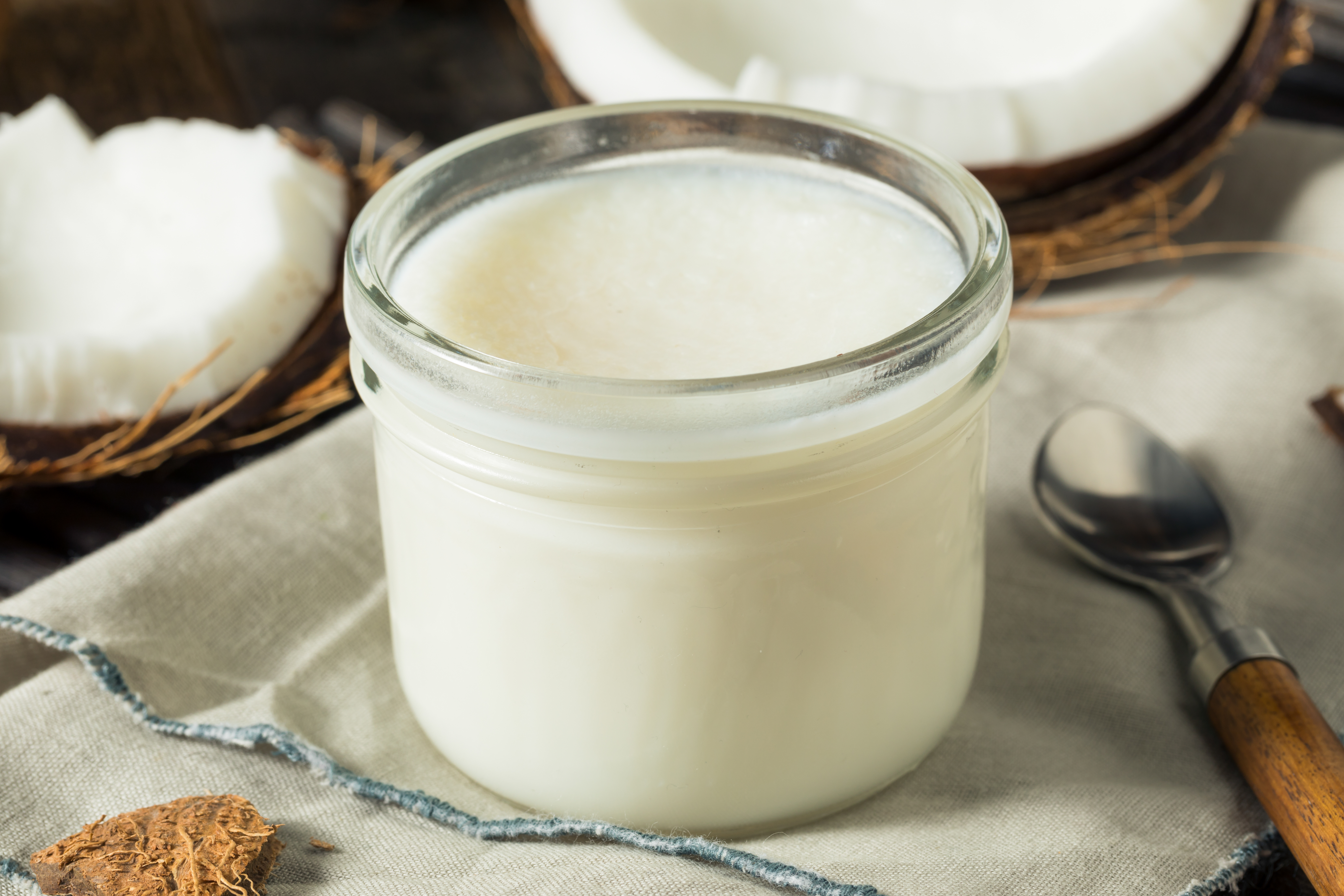
Coconut oil is rich in medium-chain triglycerides (MCTs), which are known for their anti-inflammatory and antimicrobial properties. The lauric acid in coconut oil has been shown to reduce inflammation and improve gut health. It also has a unique ability to support the body’s natural immune responses, making it an excellent addition to an anti-inflammatory diet. Coconut oil can be used in cooking, baking, or even as a moisturizer for your skin. Regular consumption can help reduce systemic inflammation, improve joint health, and support brain function, making it a must-have in your anti-inflammatory toolkit.
18. Ginger: The Spiced Gut Soother
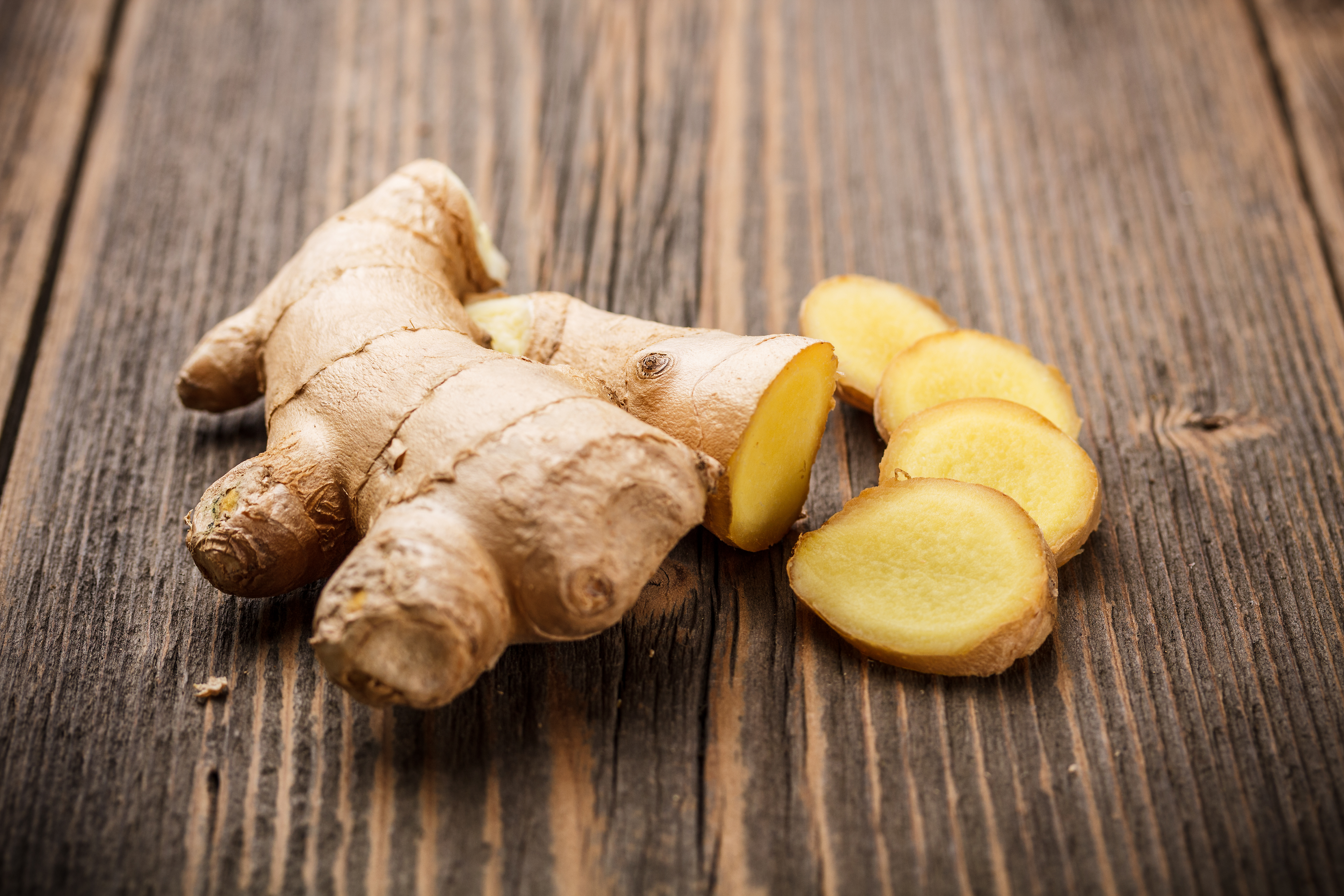
While our list includes turmeric, its close relative ginger deserves its own mention for its unique anti-inflammatory powers. Ginger contains gingerols, which are potent bioactive compounds that help reduce inflammation, particularly in the digestive tract. It has been used for centuries to alleviate nausea, bloating, and indigestion, making it an excellent gut soother. Incorporating ginger into your diet can be as simple as adding fresh grated ginger to hot water for a tea, including it in stir-fries, or using it in smoothies. Its ability to calm the digestive system and reduce systemic inflammation makes it a foundational spice in any anti-inflammatory kitchen.
19. Broccoli: The Cruciferous Crusader
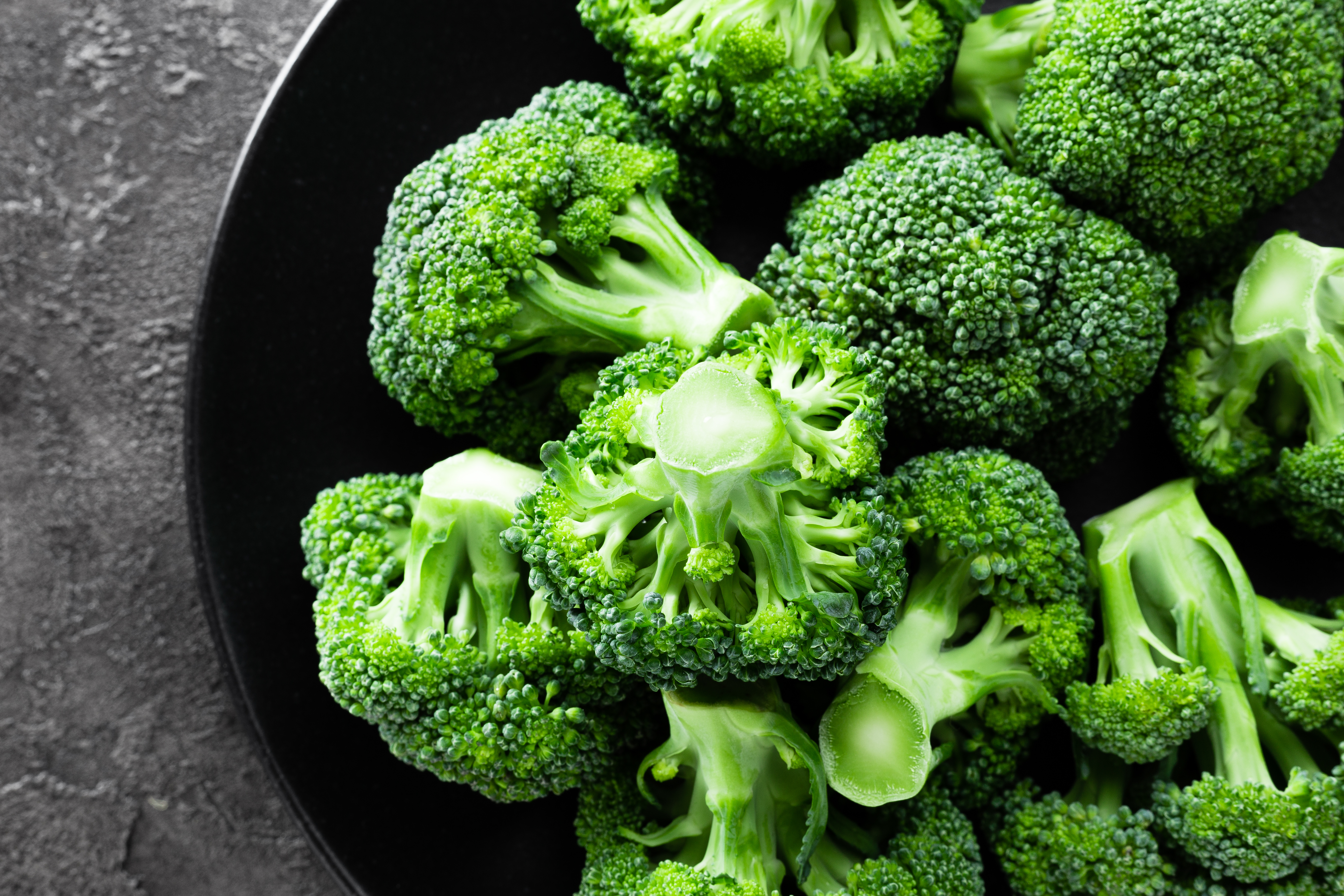
Broccoli and other cruciferous vegetables like cauliflower and Brussels sprouts are anti-inflammatory crusaders, but they work in a distinct way. They contain a powerful compound called sulforaphane, which activates a pathway in the body that reduces oxidative stress and inflammation. Broccoli is also high in vitamins K and C, as well as fiber, which supports gut health—a key player in managing inflammation. Steaming or lightly cooking broccoli preserves its sulforaphane content. Add it to salads, stir-fries, or enjoy it as a side dish to tap into its potent cellular defense benefits.
20. Bell Peppers: A Vitamin C Anti-Inflammatory
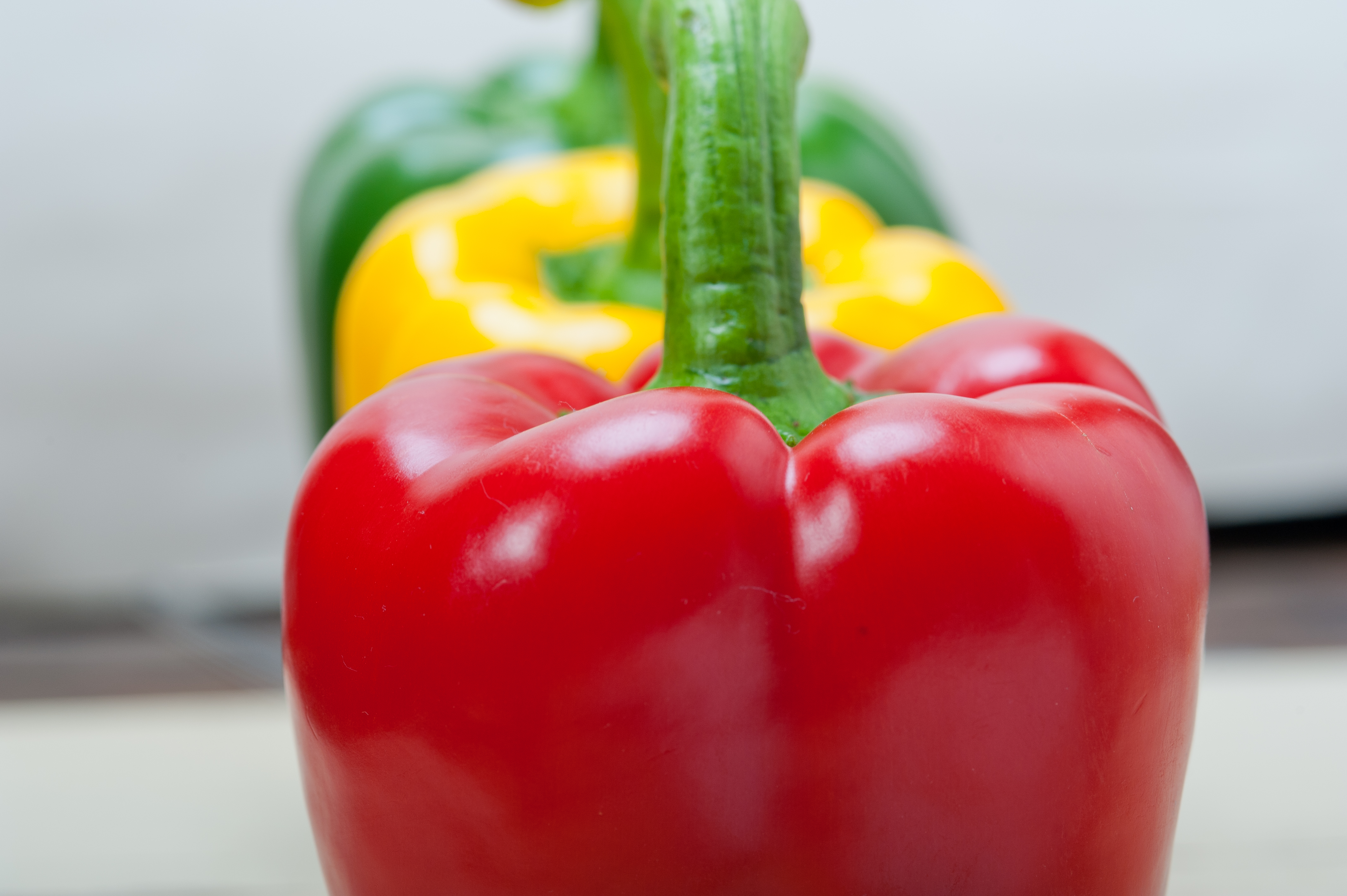
Bell peppers, especially the vibrant red and yellow varieties, are exceptional sources of Vitamin C and antioxidants like quercetin, both of which are powerful inflammation fighters. Vitamin C helps to neutralize free radicals, protecting cells from damage, while quercetin has been shown to reduce inflammatory responses in the body. Unlike citrus fruits, bell peppers have a milder impact on acidity and can be eaten in larger quantities, making them a versatile addition to any diet. Enjoy them raw in salads, roasted as a side, or sautéed in stir-fries to get a significant, delicious dose of these anti-inflammatory compounds.
21. Sweet Potatoes: A Carotenoid-Rich Fuel
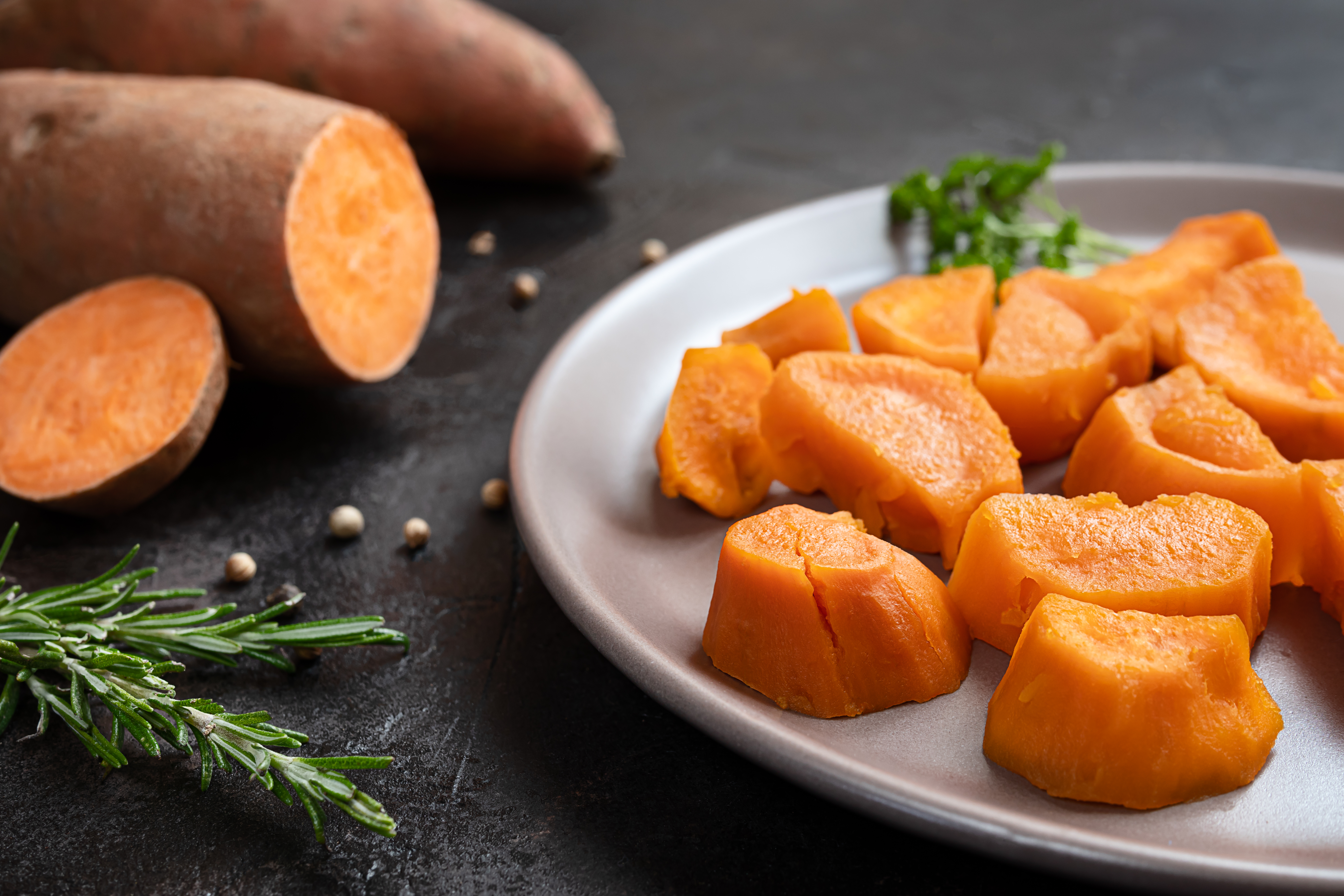
Sweet potatoes are more than just a delicious starchy vegetable; they are a deep-orange source of anti-inflammatory benefits. They are loaded with carotenoids, including beta-carotene, which acts as a powerful antioxidant that protects cells from damage and reduces chronic inflammation. Sweet potatoes are also rich in fiber, which supports a healthy gut microbiome, and they have a lower glycemic index than white potatoes, helping to regulate blood sugar and insulin spikes that can contribute to inflammation. Enjoy them roasted, mashed, or baked to infuse your meals with a sweet, hearty, and inflammation-fighting punch.
22. Grapes: Resveratrol for Systemic Peace

Grapes, particularly red and purple varieties, contain a potent antioxidant called resveratrol, which has been extensively studied for its powerful anti-inflammatory effects. Resveratrol helps to inhibit inflammatory enzymes in the body and has been linked to improved cardiovascular health and reduced risk of chronic diseases. Grapes are also a good source of Vitamin C and K. While resveratrol is famously found in red wine, eating whole grapes provides the same benefits without the alcohol, along with added fiber and vitamins. Enjoy them as a snack or add them to salads for a sweet, juicy, and systemic anti-inflammatory boost.
23. Pomegranate: The Ellagic Acid Powerhouse
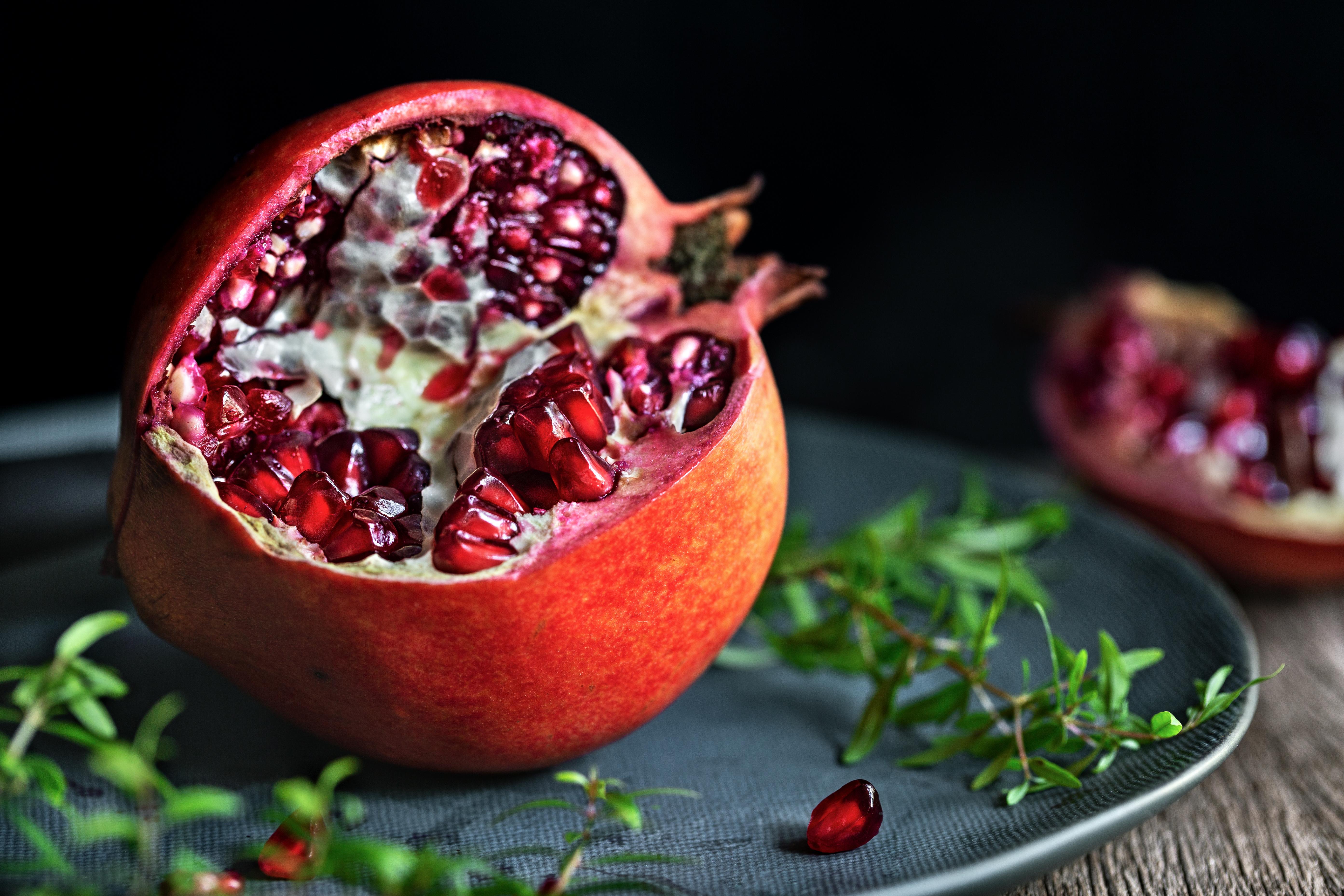
Pomegranate is a vibrant, ruby-red fruit that is an anti-inflammatory powerhouse. It is rich in a unique antioxidant called ellagic acid, which has been shown to protect against cellular damage and reduce inflammation. Pomegranate also contains punicalagins, which are potent antioxidants that have been shown to reduce inflammation and support overall health. Whether you enjoy the seeds, the juice, or a supplement, pomegranate offers a delicious way to combat chronic inflammation and support cardiovascular health.
24. Cherries: A Sweet and Sour Anti-Inflammatory
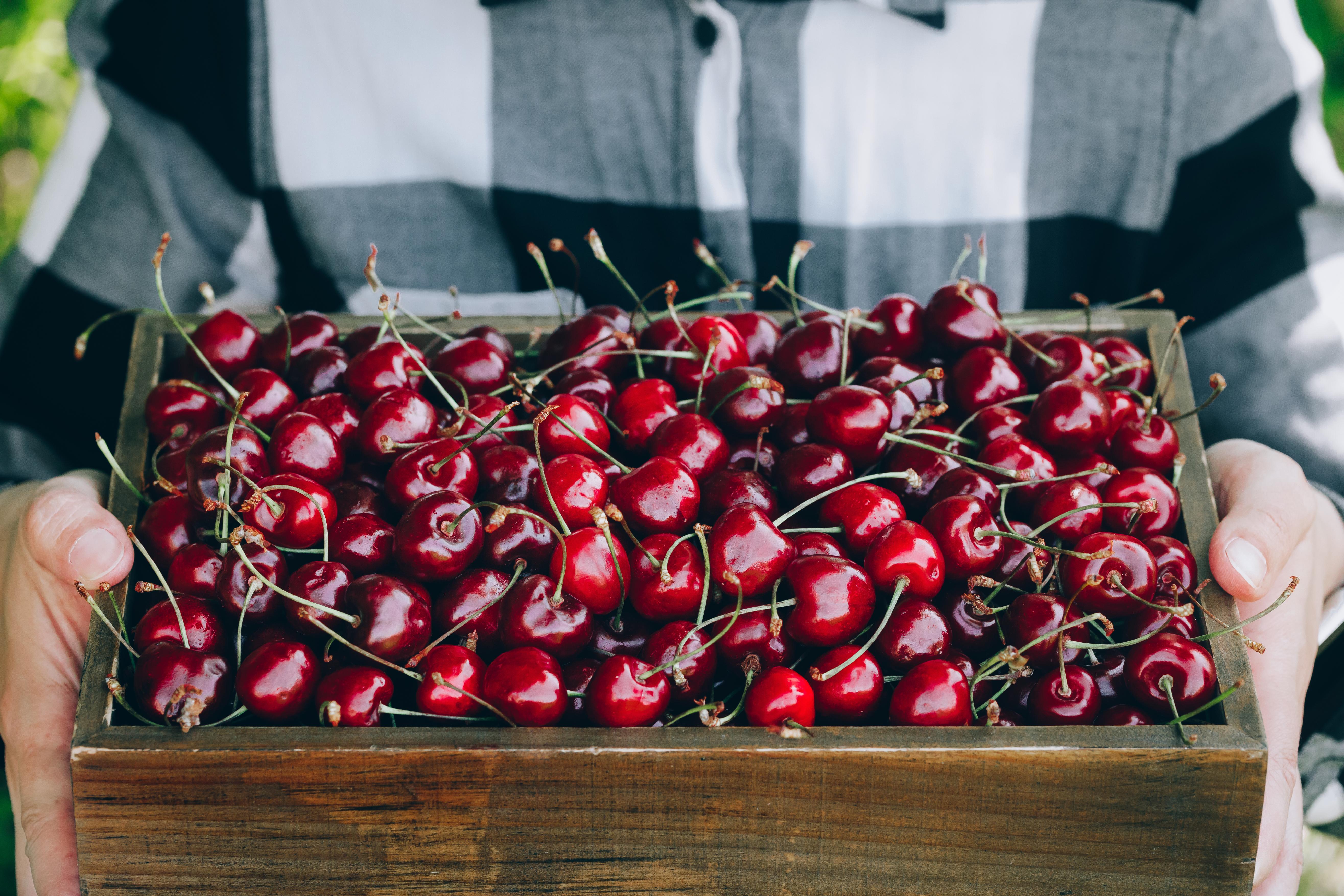
Cherries, particularly tart cherries, are a delicious addition to an anti-inflammatory diet. They contain anthocyanins, powerful antioxidants that give cherries their rich red color and have been shown to reduce inflammation. Studies suggest that cherries, in juice or whole form, can help reduce muscle soreness and inflammation after exercise. They also contain melatonin, which can help regulate sleep patterns. Whether fresh, frozen, or in juice form, cherries offer a natural and effective way to combat chronic inflammation.
25. Soy Products: The Isoflavone Advantage
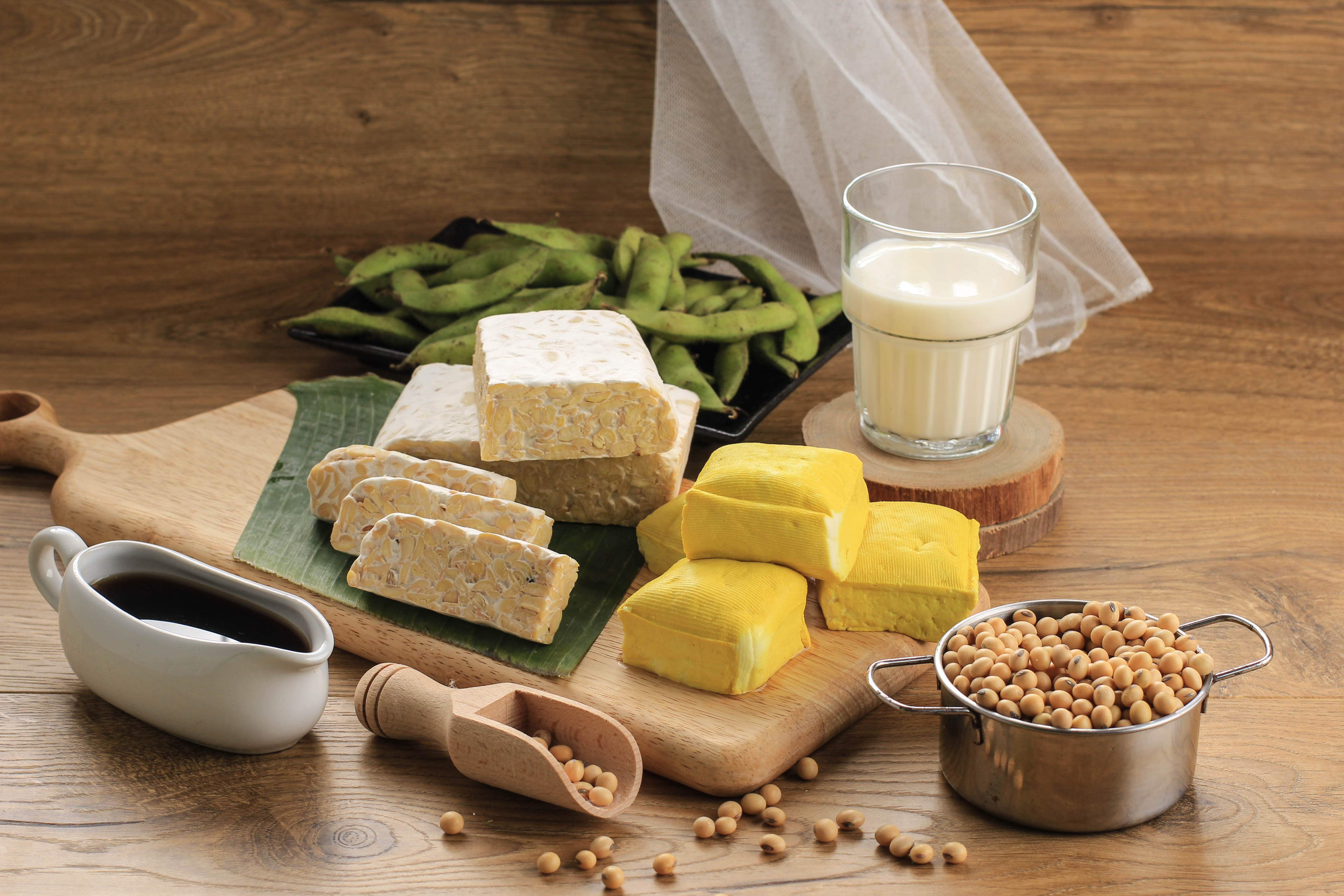
Soy products, including tofu, tempeh, and edamame, are a surprising ally in the fight against inflammation. They contain isoflavones, which are plant compounds with anti-inflammatory and antioxidant properties. Isoflavones have been shown to reduce inflammation markers, particularly in post-menopausal women. Soy is a great source of plant-based protein and fiber, both of which support gut health. By incorporating soy products into your diet, you can enjoy their versatility while reaping the benefits of improved heart health and reduced inflammation.
26. Coffee: The Brewing Antioxidant

While coffee is often associated with caffeine, it is a surprisingly rich source of antioxidants and anti-inflammatory compounds. The chlorogenic acid and other polyphenols in coffee have been shown to reduce inflammation and protect cells from damage. Studies have found that regular coffee consumption is linked to a lower risk of chronic diseases, including heart disease and type 2 diabetes. The key is moderation and avoiding sugary additions. A daily cup of black coffee can be a simple, delicious ritual that provides a potent dose of inflammation-fighting compounds.
27. Cinnamon: The Sweet and Spicy Healer
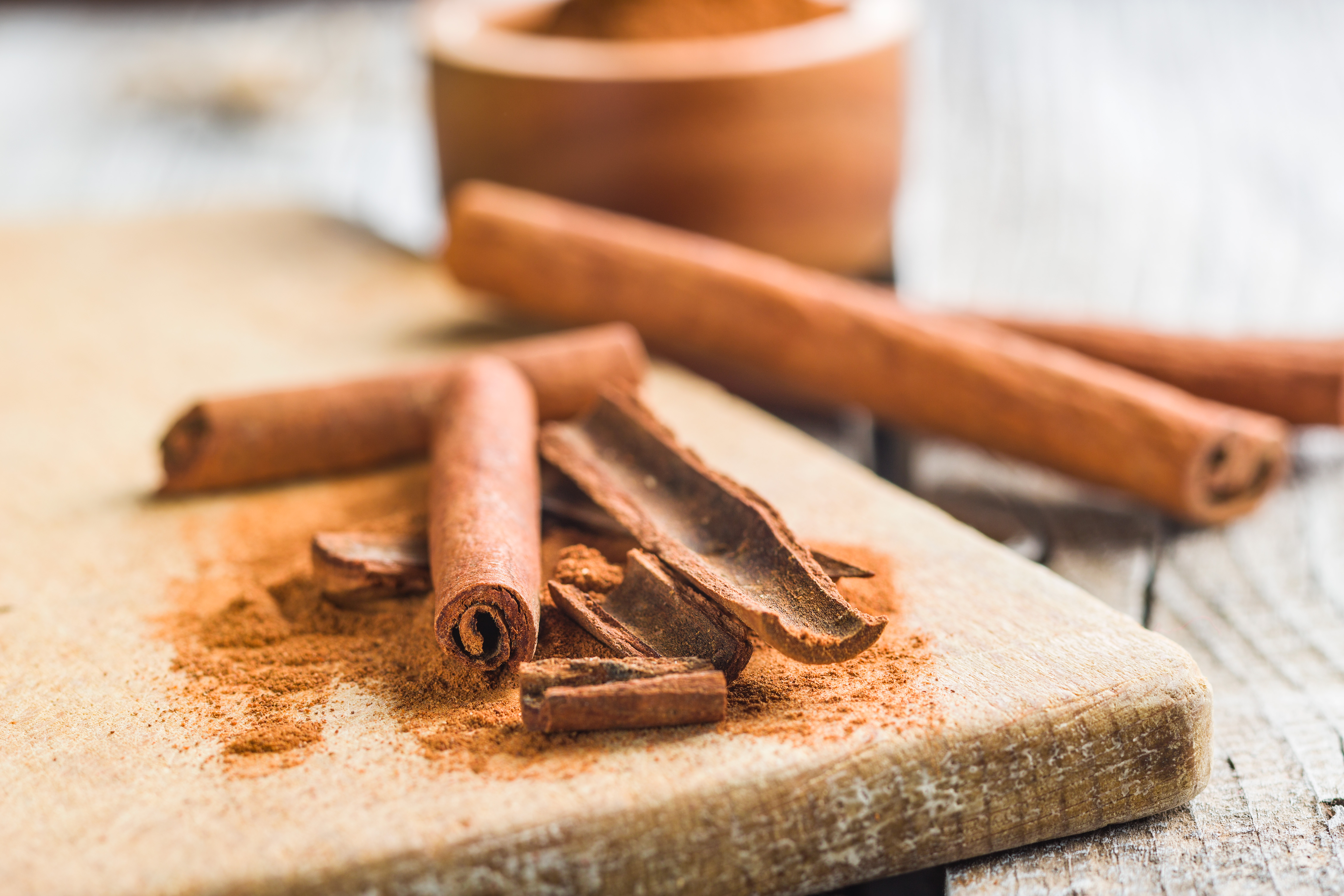
Cinnamon, a sweet and fragrant spice, has been used in traditional medicine for its anti-inflammatory and antioxidant properties. The active compound, cinnamaldehyde, has been shown to reduce inflammation and oxidative stress. Studies suggest that cinnamon may also help regulate blood sugar levels, which is important for managing inflammation. A simple sprinkle of cinnamon in your oatmeal, smoothie, or tea can add a warm, sweet flavor while providing a potent dose of anti-inflammatory compounds. This humble spice is a testament to the power of ancient wisdom in contemporary wellness.
28. Bone Broth: A Gut-Healing Foundation
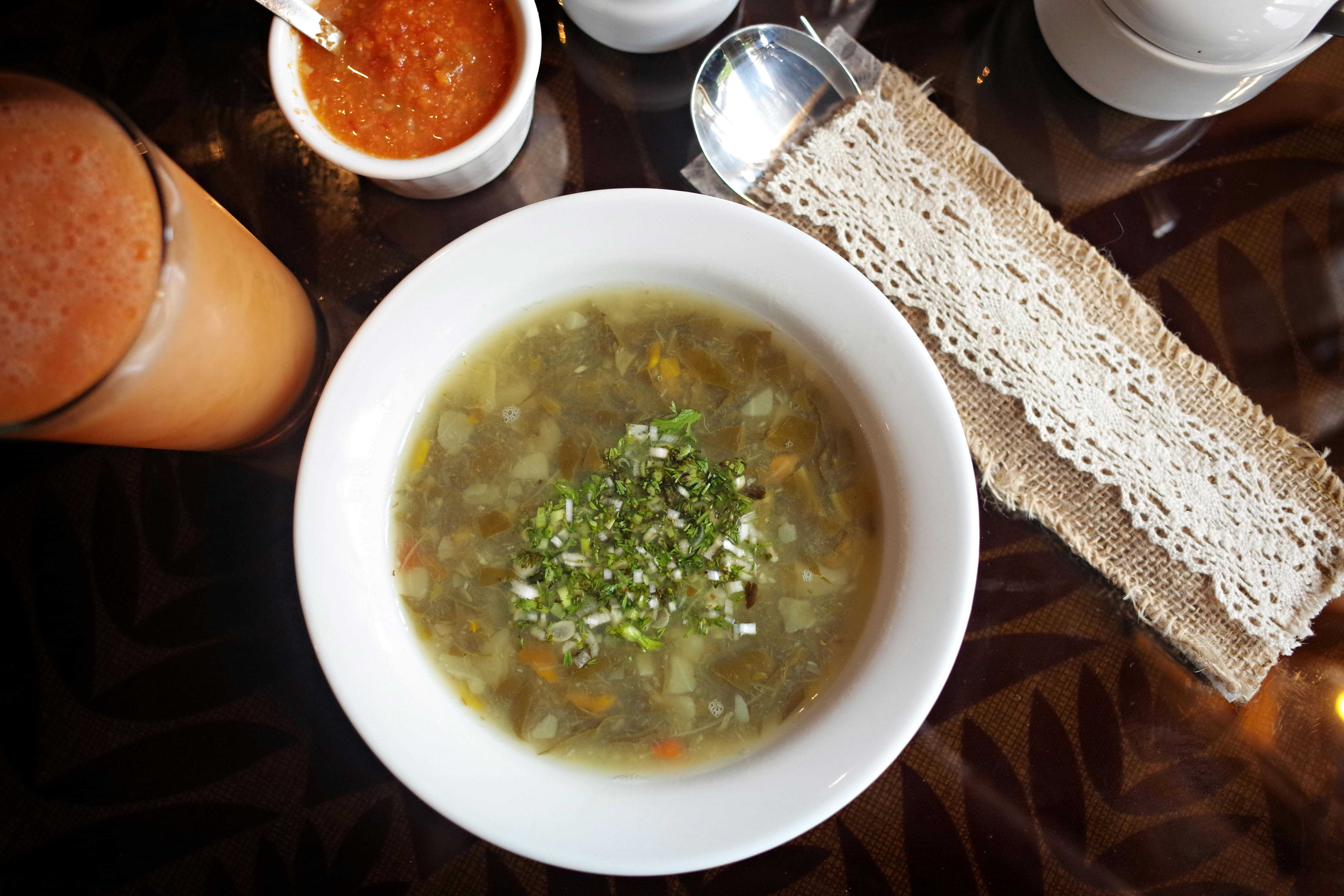
While many lists focus on plant-based anti-inflammatories, bone broth offers a unique and powerful way to fight chronic inflammation by focusing on gut health. It’s made by simmering animal bones and connective tissues, a process that releases collagen, gelatin, and amino acids like glycine and proline. These compounds are crucial for rebuilding and repairing the lining of your digestive tract. When your gut lining is compromised—a condition known as “leaky gut”—it can lead to systemic inflammation. By healing the gut, bone broth can help soothe the body's inflammatory response at its source, making it a foundational food for long-term health.
29. Oysters: The Zinc-Rich Immune Modulator

Often celebrated as a delicacy, oysters are an exceptional anti-inflammatory food from the sea. They are one of the richest dietary sources of zinc, a mineral critical for proper immune function and inflammation regulation. Zinc deficiency can lead to a hyperactive immune response and increased inflammation. Oysters also contain a high concentration of omega-3 fatty acids, which work in tandem with zinc to reduce inflammatory markers. By providing a direct and bioavailable source of this essential mineral, oysters can help restore balance to your body’s inflammatory pathways and support a robust, healthy immune system. Enjoy them raw, steamed, or in soups for a powerful, nutrient-dense meal.
30. Horseradish: The Sinigrin Anti-Inflammatory
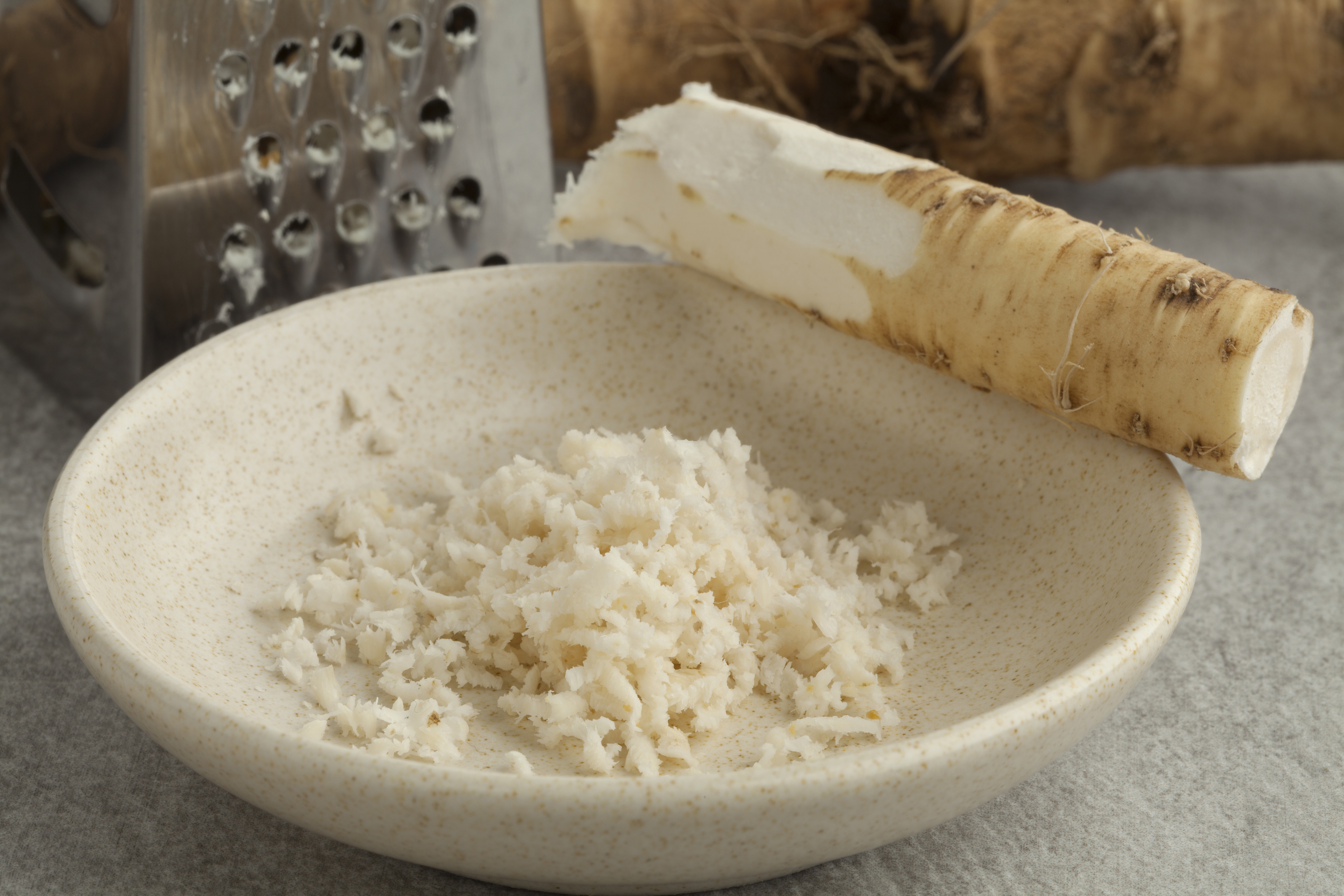
Beyond its fiery flavor, horseradish is a potent anti-inflammatory food due to a unique compound called sinigrin. This glucosinolate is converted into allyl isothiocyanate (AITC) when the plant is chopped or grated. AITC has been shown to inhibit pro-inflammatory enzymes and block pathways that contribute to chronic inflammation, particularly in the sinuses and respiratory system. Unlike many other anti-inflammatory foods that work primarily through antioxidants, horseradish offers a direct, enzymatic approach to soothing inflammation. Its pungent flavor makes it a perfect addition to roasts, mashed potatoes, or in sauces for a powerful anti-inflammatory kick that clears the palate and the sinuses.
31. Fermented Foods: Your Gut's Best Friend
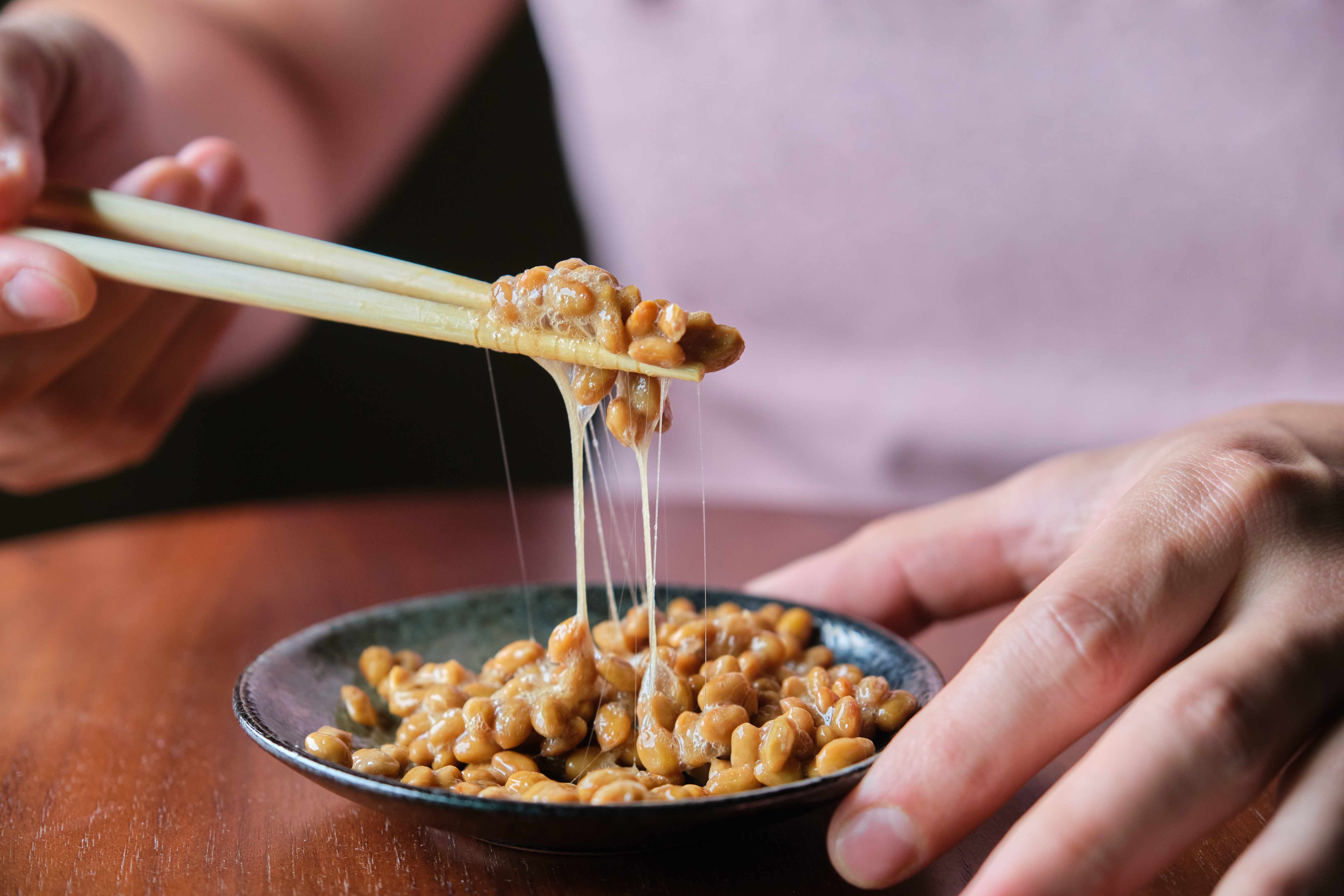
Beyond bone broth, other fermented foods play a key role in fighting inflammation from the inside out. Foods like sauerkraut, kimchi, and kefir are rich in beneficial probiotics, or live bacteria, which help create a healthy and diverse gut microbiome. A balanced gut is essential for a healthy immune system and a proper inflammatory response. When the gut is in balance, it can more effectively manage inflammation throughout the body, preventing chronic conditions from taking hold. Adding a small amount of a fermented food to your daily diet can be a delicious way to nurture your gut and support systemic health.
32. Watermelon: The Unexpected Inflammatory Fighter
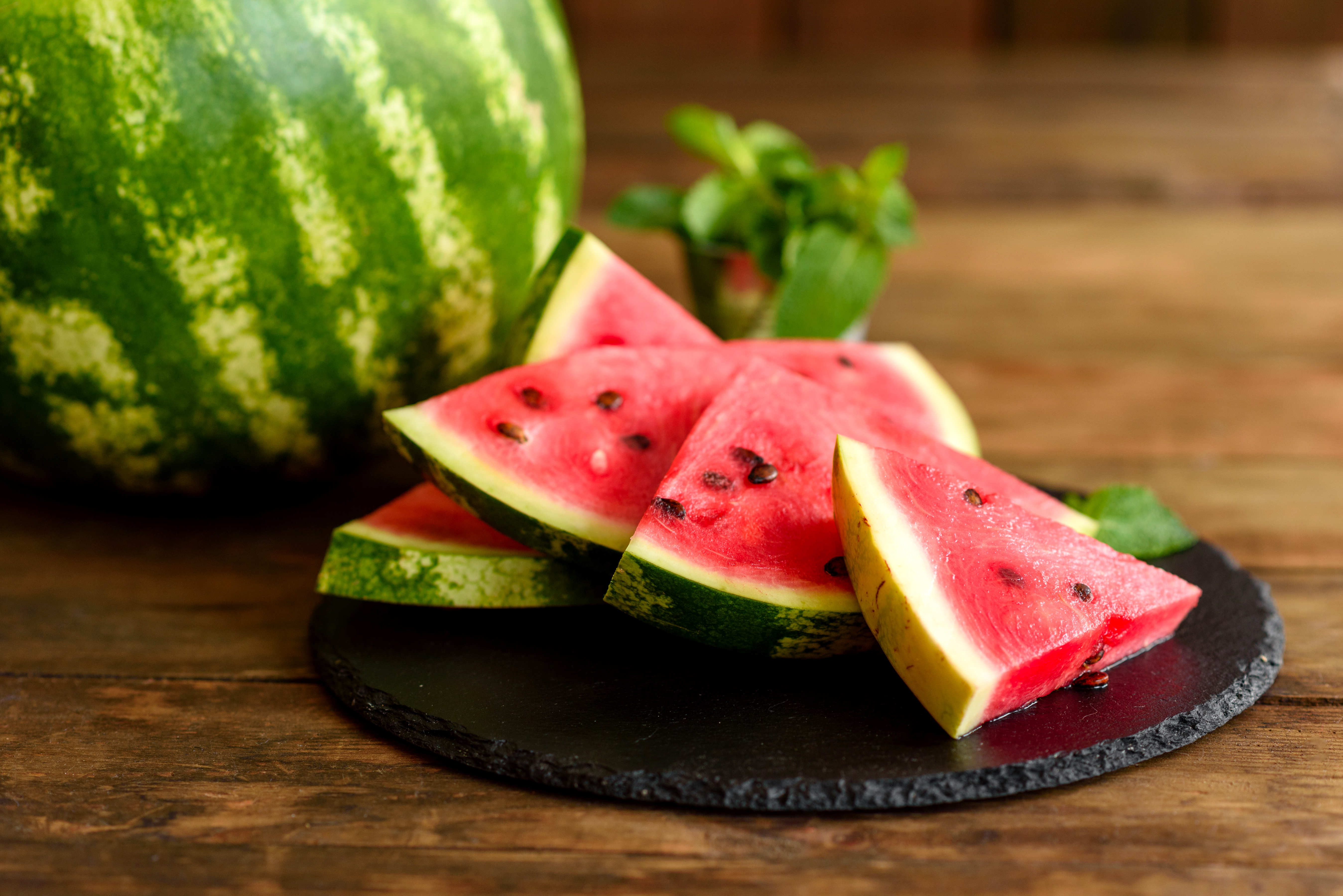
You might think of watermelon as just a hydrating summer fruit, but it’s a surprising ally against inflammation. Watermelon is rich in lycopene, a powerful antioxidant that gives the fruit its red color. Lycopene has been shown to reduce inflammatory markers in the body and protect cells from free radical damage. Watermelon also contains the amino acid citrulline, which can improve blood flow and help reduce inflammation in the cardiovascular system. Eating fresh watermelon or drinking pure watermelon juice is a delicious and refreshing way to get a dose of these beneficial, inflammation-fighting compounds.
33. Chia Seeds: The Omega-3 Powerhouse
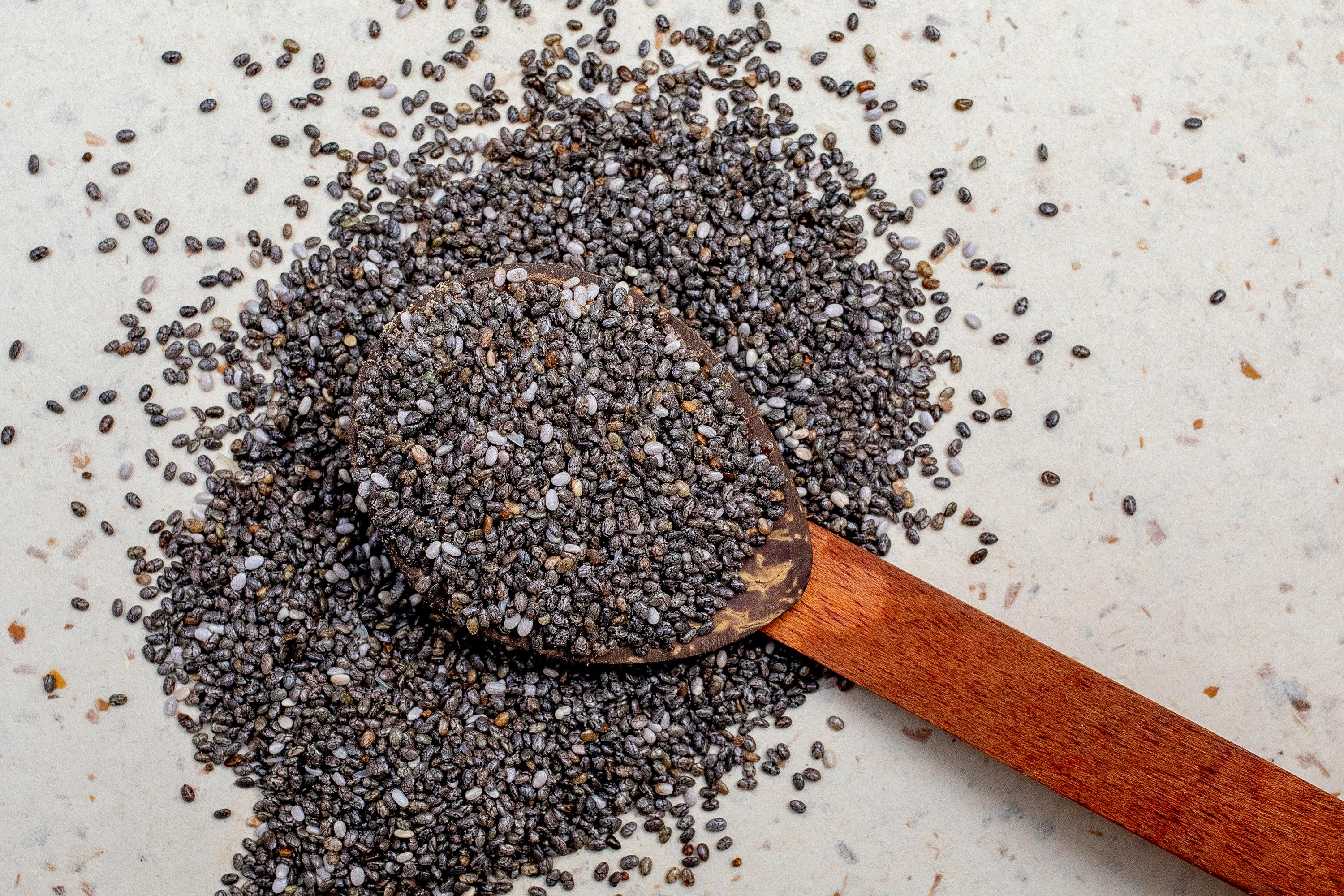
While flaxseeds get a lot of attention, chia seeds offer a similar, potent dose of anti-inflammatory benefits in a unique package. They are one of the richest plant-based sources of alpha-linolenic acid (ALA), a type of omega-3 fatty acid. Your body converts ALA into the powerful omega-3s that are known to lower inflammation and improve heart health. But what makes chia seeds special is their ability to absorb water, creating a gel that aids digestion and provides a sense of fullness. They can be added to smoothies, made into a pudding, or simply sprinkled over your morning cereal, providing a powerful and versatile anti-inflammatory punch.
34. Parsley: The Flavonoid-Rich Herb
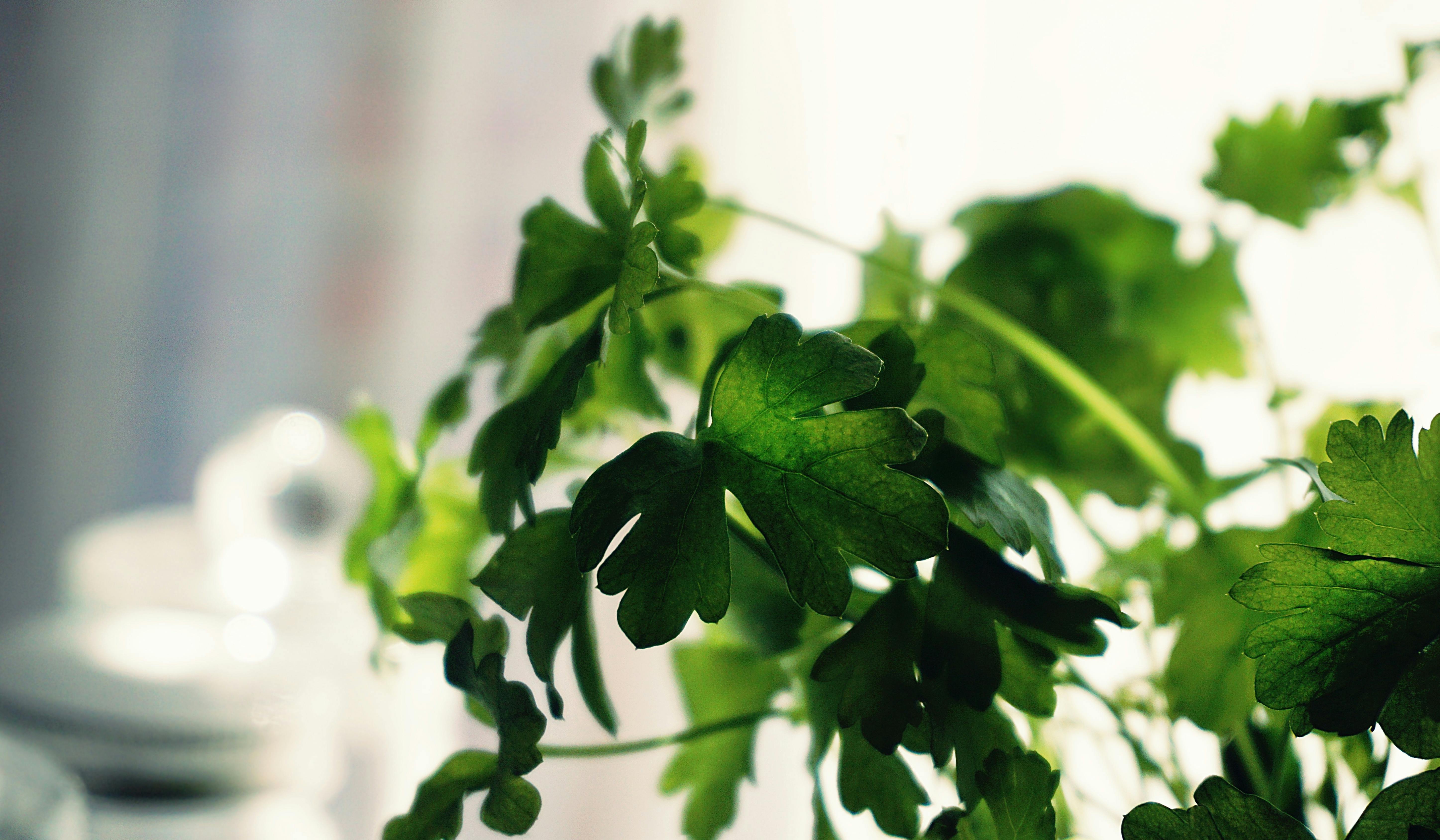
Often relegated to a simple garnish, fresh parsley is a surprisingly potent anti-inflammatory food. It is packed with flavonoids, including apigenin and quercetin, which have been shown to reduce inflammation and protect against cellular damage. Apigenin, in particular, is a powerful antioxidant that can help inhibit the production of inflammatory compounds in the body. Parsley also contains a significant amount of vitamins K, A, and C, all of which contribute to a healthy immune system and a balanced inflammatory response. Instead of just a garnish, try adding a generous handful of chopped parsley to salads, sauces, or soups.
35. The Cruciferous Family: Beyond Broccoli
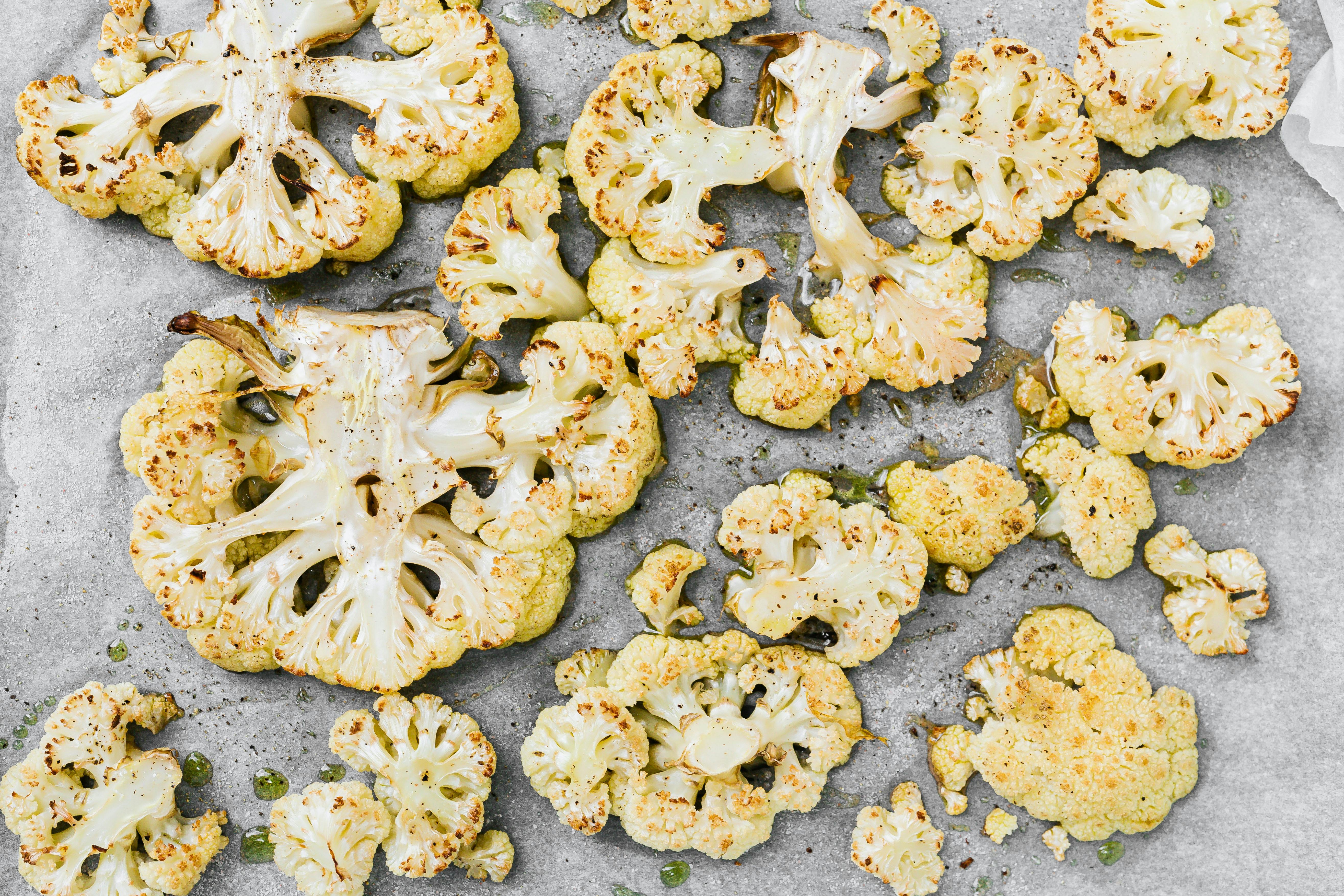
While broccoli is a fantastic anti-inflammatory crusader, it's just one member of a whole family of vegetables that work in similar, powerful ways. Cauliflower, Brussels sprouts, cabbage, and bok choy all contain sulforaphane and other unique compounds that detoxify the body and reduce inflammation. These vegetables activate the Nrf2 pathway, a master regulator of antioxidant and anti-inflammatory genes in the body. By including a variety of these vegetables in your diet, you're not only getting fiber and vitamins but also actively helping your body's cellular defense systems fight back against chronic inflammation.
36. Seaweed: The Mineral-Rich Powerhouse

Seaweed, a staple in many Asian diets, is an excellent anti-inflammatory food that goes beyond the obvious. It's rich in a variety of minerals like iodine and magnesium, but its real power comes from unique compounds like fucoxanthin and fucoidan. These bioactive compounds have been shown in studies to reduce inflammation and oxidative stress in the body. Fucoxanthin, in particular, has been linked to anti-obesity and anti-diabetic effects, both of which are major drivers of chronic inflammation. Dried seaweed snacks, wakame in miso soup, or nori wraps are all easy and delicious ways to get these inflammation-fighting benefits.
37. Fermented Foods: A Gut-First Approach
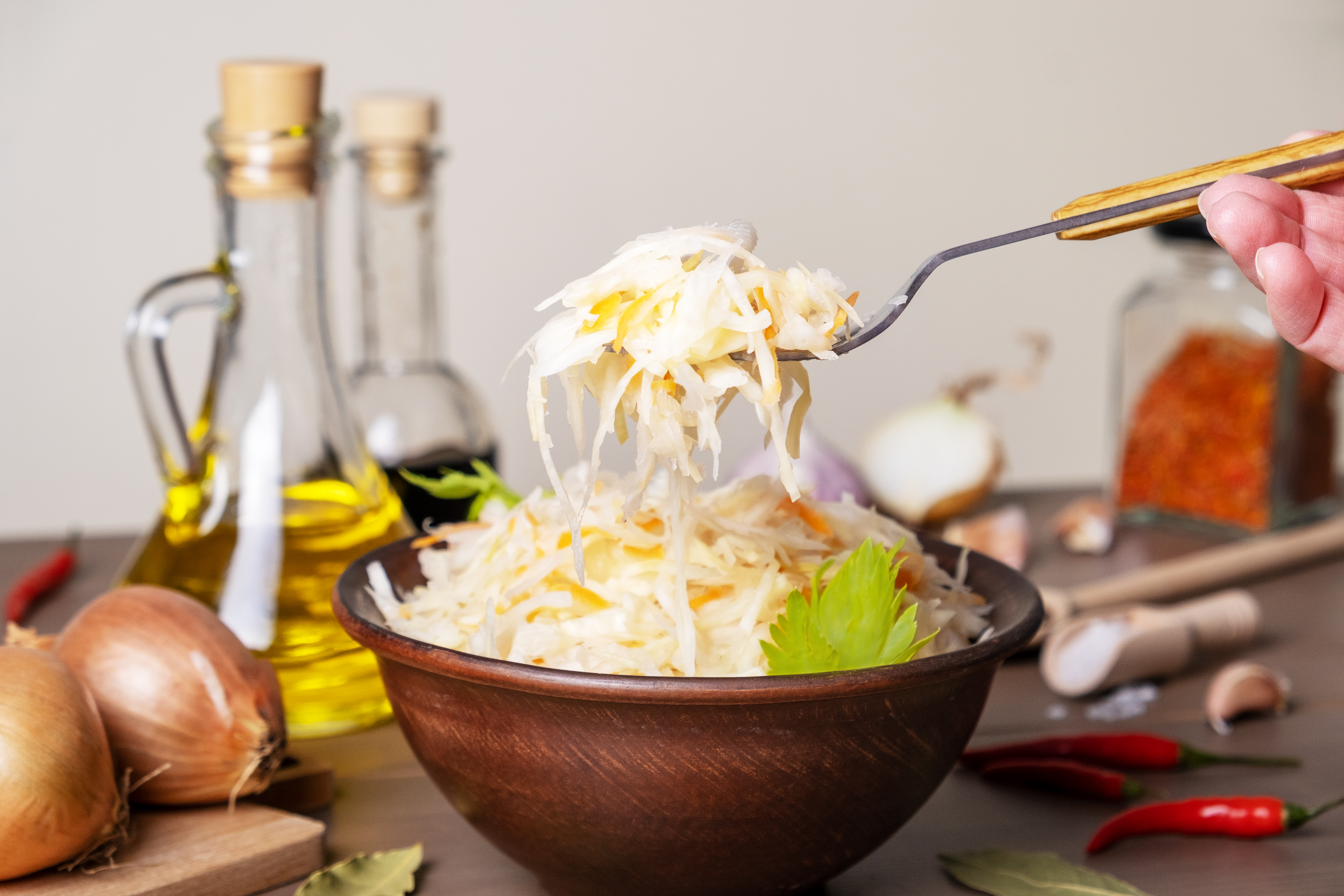
While many of the foods on this list fight inflammation directly, fermented foods like sauerkraut, kimchi, and kefir tackle the problem at its source: the gut. A healthy gut microbiome is crucial for a balanced immune system and can prevent systemic inflammation. These foods are packed with probiotics (beneficial bacteria) that help restore and maintain gut health. When your gut lining is strong and diverse, it prevents inflammatory compounds from entering your bloodstream. By nourishing your gut with fermented foods, you're not just reducing inflammation; you're building a healthier foundation for your entire body.
38. Cloves: The Oxidative Stress Assassin
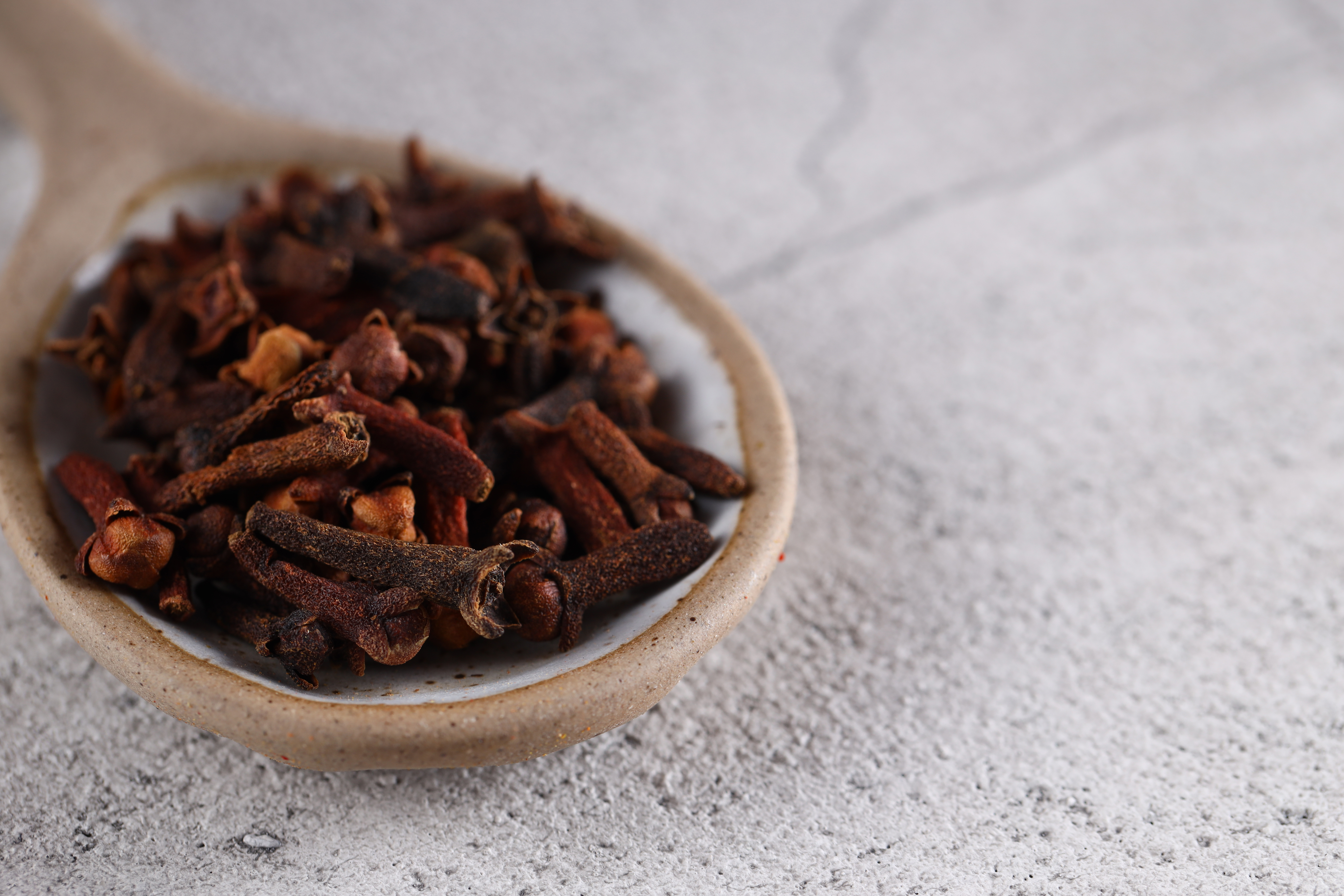
Beyond their warm, aromatic flavor, cloves are an anti-aging powerhouse due to their incredibly high concentration of antioxidants. Their main active compound, eugenol, is a potent antioxidant that actively neutralizes free radicals, which are a major driver of cellular aging. The ORAC (Oxygen Radical Absorbance Capacity) scale, which measures antioxidant levels, ranks cloves as one of the highest-scoring foods in the world. By inhibiting oxidative stress at a cellular level, cloves can help protect your DNA from damage, preserve skin elasticity, and reduce the risk of age-related diseases. Add a pinch of powdered cloves to your oatmeal, smoothies, or tea to infuse your diet with a powerful anti-aging boost.
39. Peppermint: The Brain Health Booster
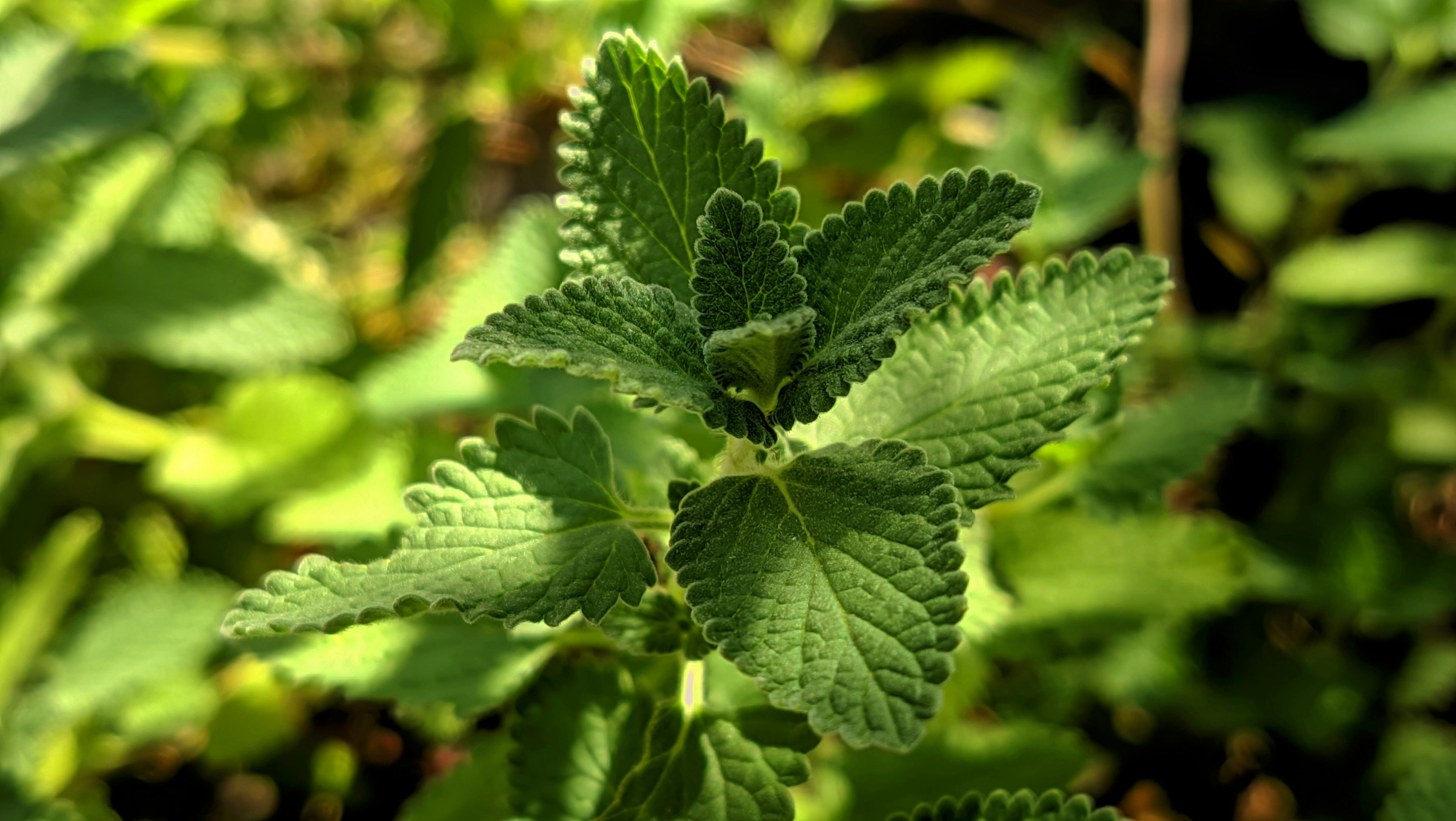
Peppermint is more than just a refreshing flavor; it's a valuable herb for preserving cognitive function as we age. The compounds in peppermint, particularly rosmarinic acid and menthol, have been shown to have neuroprotective effects. They can help reduce oxidative stress and inflammation in the brain, which are two key factors in age-related cognitive decline. Studies have also indicated that the aroma and compounds in peppermint can improve memory and alertness, making it a great natural way to support brain health. A simple cup of peppermint tea or a few fresh leaves added to your water can be a delicious and brain-boosting habit to incorporate into your daily routine.
40. Chili Peppers: The Metabolic Catalyst
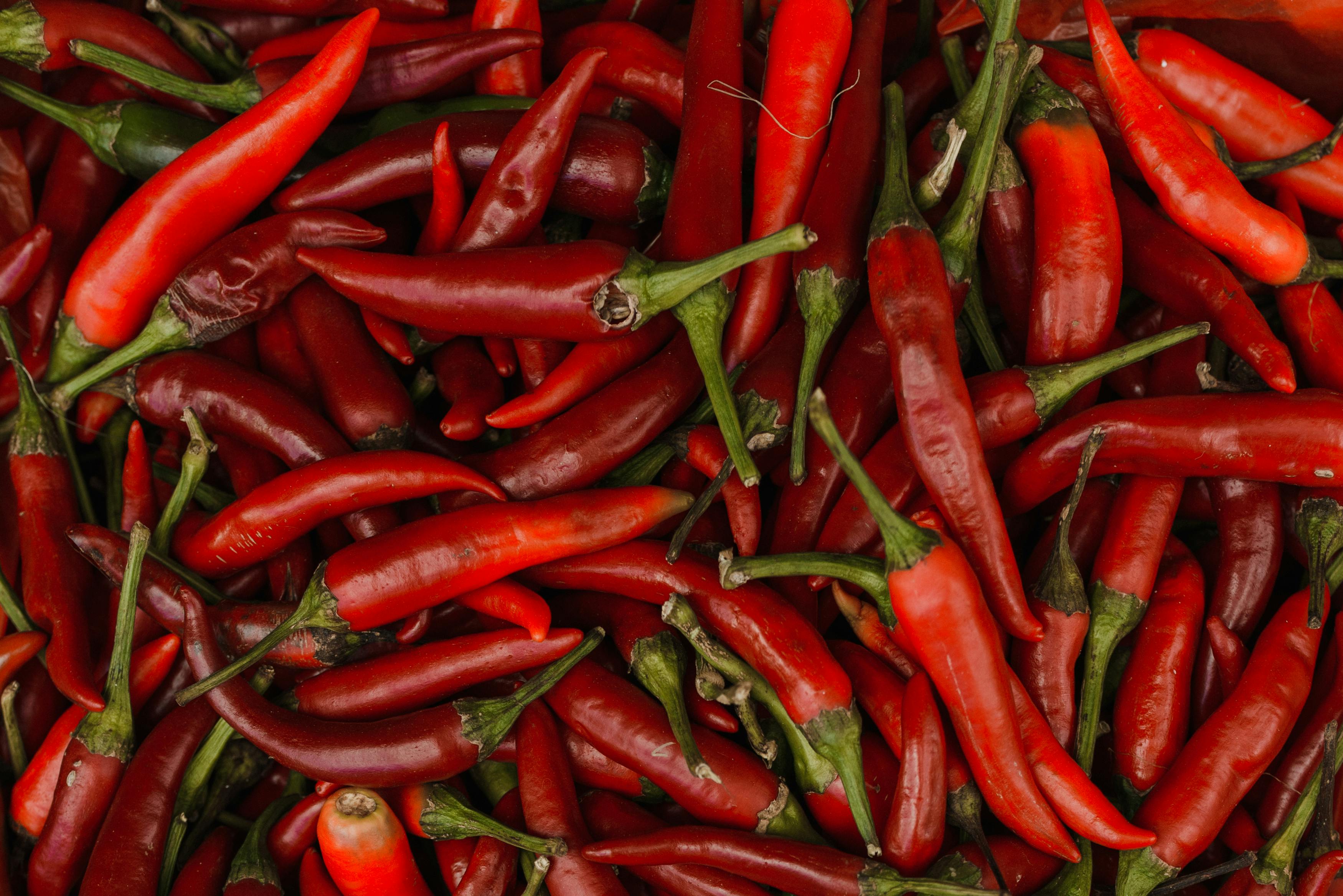
Chili peppers, and their active compound capsaicin, offer a unique anti-aging benefit by targeting metabolic health. Capsaicin has been shown to increase metabolic rate and promote fat burning, which helps combat obesity—a major driver of chronic inflammation and age-related diseases. By improving metabolic efficiency, chili peppers can help reduce the strain on your body’s systems, allowing them to function more optimally. Additionally, capsaicin has been found to have anti-inflammatory effects. Adding fresh or powdered chili to your meals can provide a spicy kick while helping your body maintain a healthy weight and metabolic profile as you age.
41. Saffron: The Mood-Lifting Protector
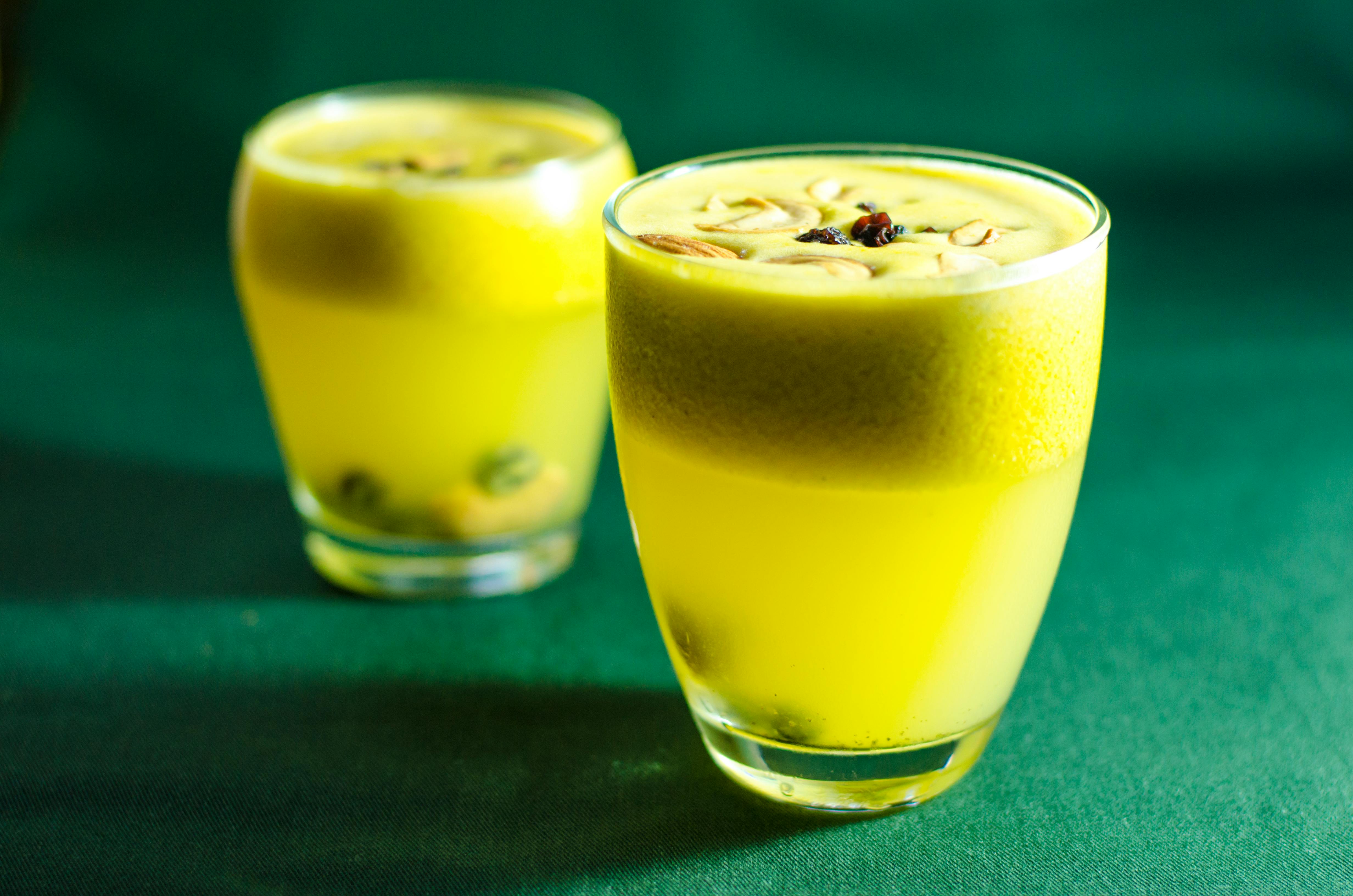
Saffron, the world's most expensive spice, earns its value not just from its flavor and color but also from its remarkable anti-aging properties. It's rich in carotenoids like crocin and crocetin, which are powerful antioxidants that protect cells from damage. More uniquely, saffron has been extensively studied for its antidepressant and mood-lifting effects. Since chronic stress is a major contributor to inflammation and accelerated aging, the ability of saffron to soothe the nervous system makes it a valuable longevity tool. A small pinch of saffron in rice, tea, or a savory dish can add a luxurious flavor while supporting your mental and cellular well-being.
42. Anise: The Cellular Repair Ally
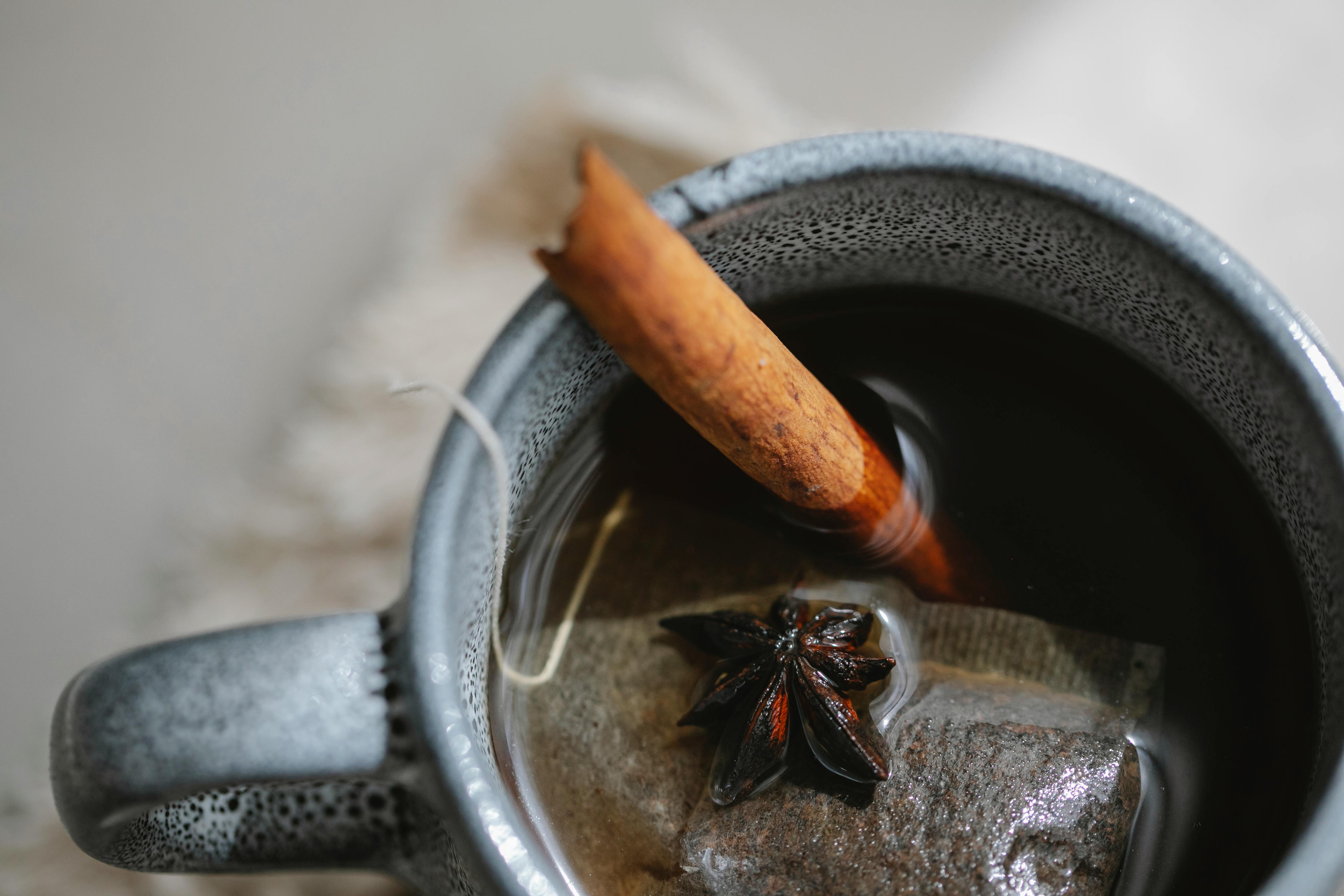
Often recognized for its licorice-like flavor, anise is an unsung hero in the fight against cellular aging. It is a rich source of anethole, a potent antioxidant that helps protect cells from oxidative stress and DNA damage. Anise has been shown in studies to possess anti-inflammatory and antimicrobial properties, which can help support a healthy immune system and reduce systemic inflammation. Beyond its direct antioxidant benefits, some research suggests anise can help with digestion and gut health. Since a healthy gut is crucial for a robust immune system and a balanced inflammatory response, anise's holistic benefits make it a powerful ally for longevity.
43. Cacao Powder: The Mood-Boosting Polyphenol Powerhouse
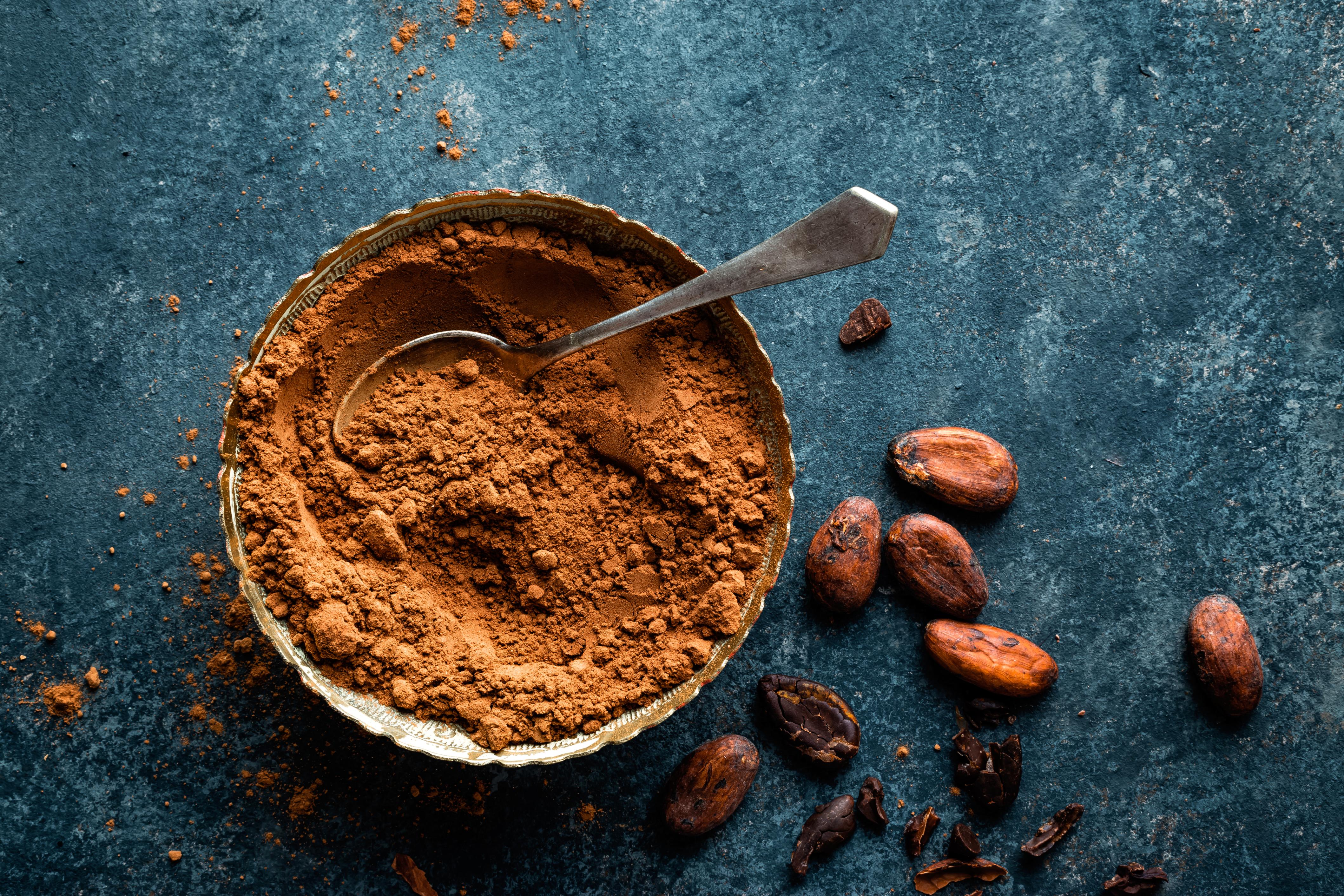
While dark chocolate gets all the glory, raw cacao powder is the true anti-inflammatory superstar. It's one of the richest sources of flavonoids and polyphenols on the planet, which are powerful antioxidants that scavenge free radicals and reduce systemic inflammation. These compounds also have a remarkable effect on blood flow, helping to relax blood vessels and improve circulation. What sets cacao apart is its ability to boost mood by increasing the production of feel-good hormones like serotonin and endorphins. Since chronic stress is a major driver of inflammation, incorporating cacao into your diet can tackle the problem from multiple angles. Try adding it to your morning smoothie or making a rich, sugar-free hot cocoa to get your daily dose of delicious inflammation-fighting power.
44. Apple Cider Vinegar: The Gut-Balancing Elixir
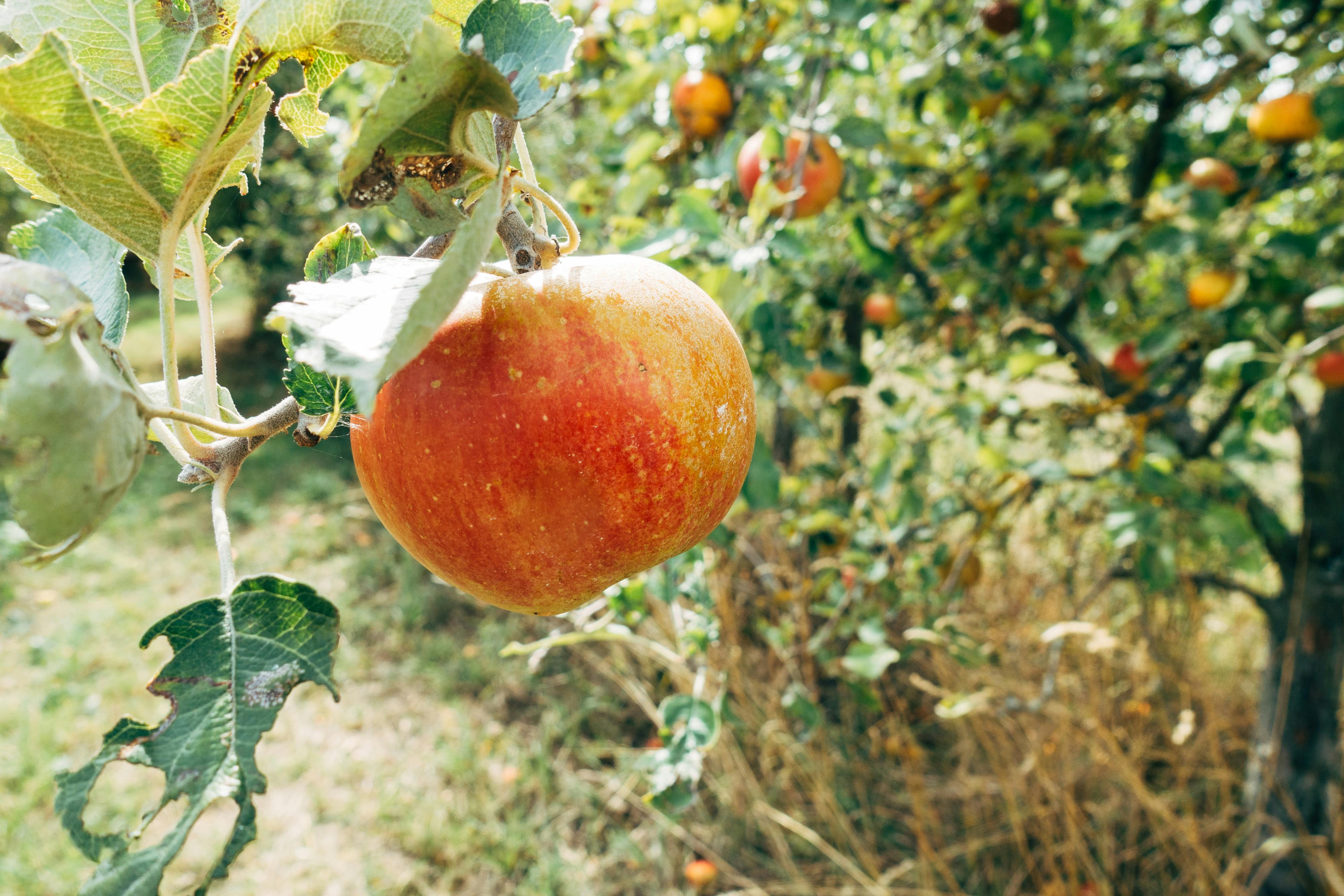
Beyond its use in dressings, apple cider vinegar (ACV) is a potent anti-inflammatory agent that works by improving gut health and blood sugar control. The "mother," a cloudy collection of beneficial bacteria and enzymes, is what gives raw, unfiltered ACV its power. It helps to rebalance your gut microbiome, which is a key player in regulating your body's inflammatory response. A healthy gut lining prevents inflammatory compounds from "leaking" into your bloodstream. Additionally, ACV has been shown to improve insulin sensitivity and lower blood sugar spikes after meals, preventing the inflammatory cascade that can occur with high glucose levels. A simple ritual of a tablespoon of ACV mixed with water before a meal can be a game-changer for your digestive and systemic health.
45. Quercetin: The Apple's Secret Weapon

Apples, particularly with the skin on, are a fantastic source of quercetin, a potent flavonoid. Quercetin has been extensively studied for its ability to inhibit the release of inflammatory compounds like histamine, making it particularly beneficial for those with allergies and asthma. It also helps to stabilize mast cells, which play a crucial role in the body’s inflammatory and allergic responses. By including a daily apple in your diet, you are not just getting fiber and vitamins; you're also consuming a powerful, natural antihistamine and anti-inflammatory agent that works to calm your body's immune overreaction.
46. Rosemary: The Brain-Protecting Herb
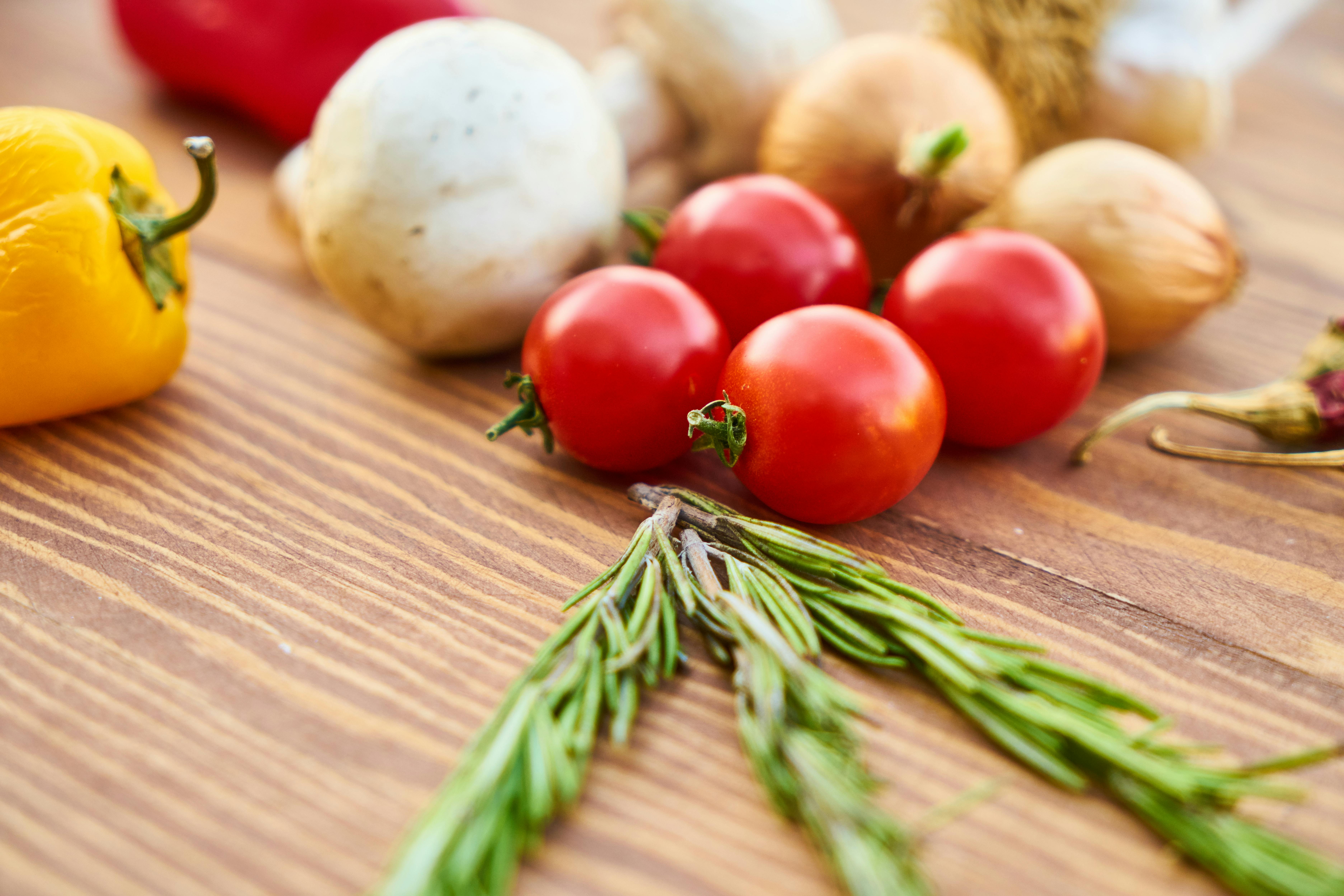
Often a culinary afterthought, rosemary is a fragrant herb with remarkable anti-inflammatory and neuroprotective properties. It's rich in carnosic acid and rosmarinic acid, two potent antioxidants that have been shown to protect brain cells from damage caused by oxidative stress. This protection is crucial because inflammation in the brain is a key factor in cognitive decline and neurodegenerative diseases. By incorporating rosemary into your cooking, you're not just adding flavor; you're helping to reduce brain inflammation and support long-term cognitive health. It pairs beautifully with roasted vegetables, chicken, and even in homemade breads. This is a simple, delicious way to add a layer of protection to your most important organ.
47. Fennel: The Anethole & Fiber Combo
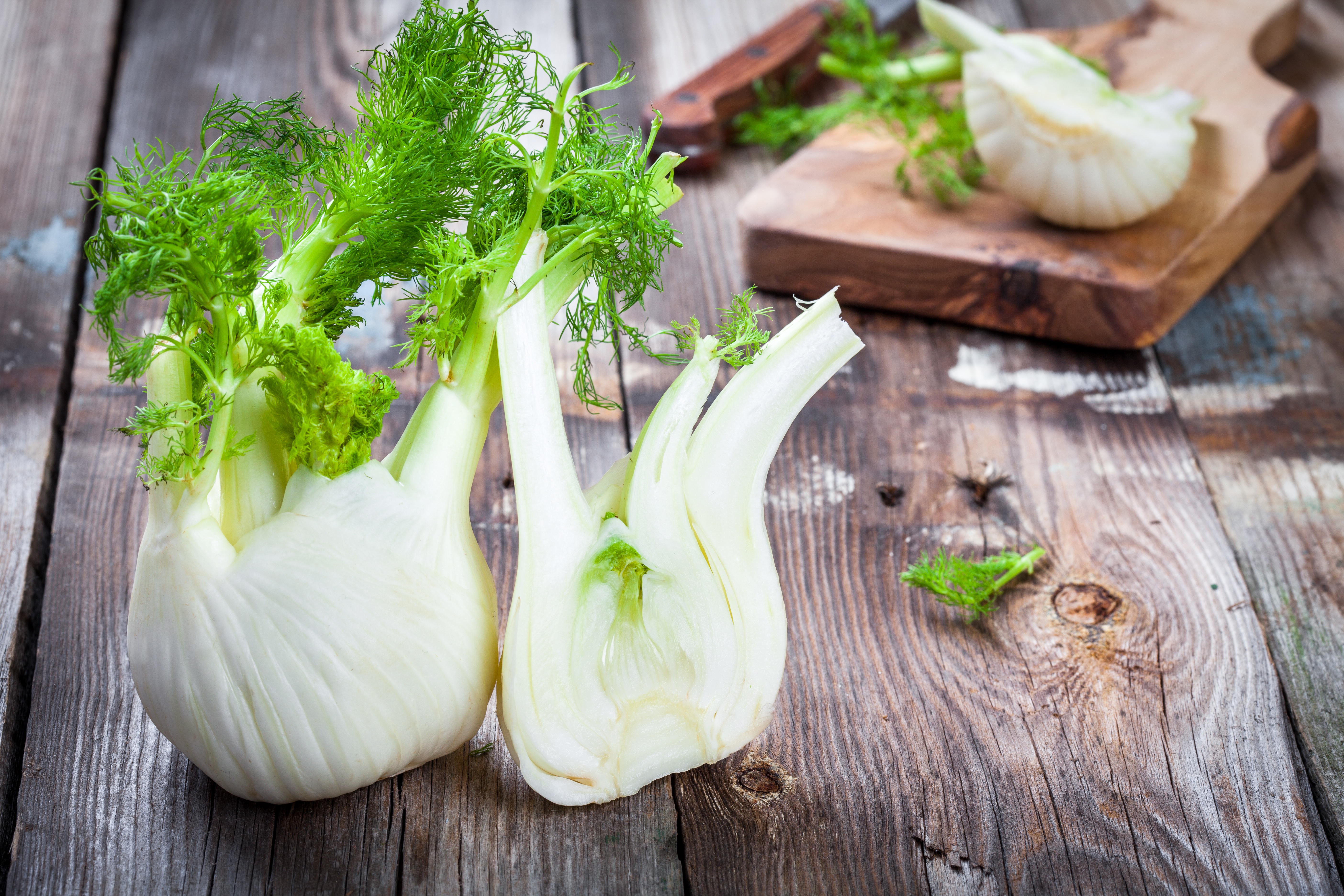
With its distinct licorice-like taste, fennel offers a two-pronged attack on inflammation. Its main active compound, anethole, is a powerful anti-inflammatory and antimicrobial agent that helps to soothe the digestive tract and reduce gut inflammation. A healthy gut is a cornerstone of overall health, and anethole’s ability to calm digestive inflammation is a unique and valuable benefit. Fennel is also an excellent source of dietary fiber, which promotes a healthy gut microbiome, further reducing systemic inflammation. Enjoy it roasted as a side dish, sliced raw in a salad, or added to soups and stews. This versatile vegetable can help calm a troubled gut and reduce inflammation from the inside out.
48. Red Meat: The Selenium and CLA Suppressor

While often criticized, high-quality, grass-fed red meat offers unique anti-inflammatory compounds often missed in plant-centric lists. It is a fantastic source of selenium, a mineral that helps produce powerful antioxidant enzymes in the body. More importantly, grass-fed beef contains a significant amount of conjugated linoleic acid (CLA). This fatty acid has been shown to reduce inflammatory markers and improve immune function. By including a moderate, high-quality serving of grass-fed beef in your diet, you are not only getting a complete protein source but also a direct source of CLA that can help suppress chronic inflammation.
49. Spirulina: The Phycocyanin Powerhouse
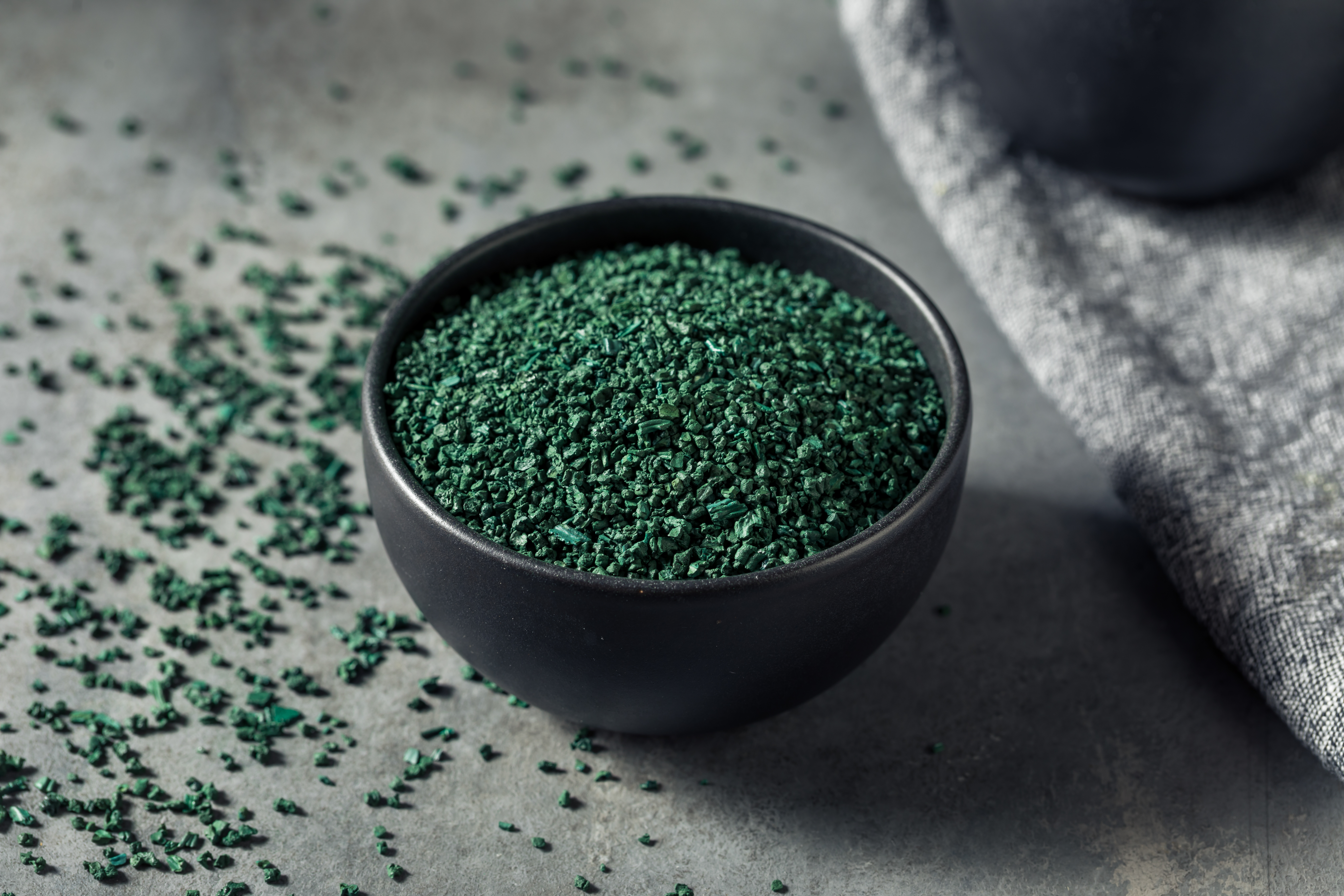
This vibrant blue-green algae is a potent superfood that fights inflammation with a unique compound called phycocyanin. Phycocyanin is what gives spirulina its distinctive color, but it's also a powerful antioxidant that has been shown to inhibit a key inflammatory pathway in the body known as NF-κB. This pathway is responsible for activating genes that produce pro-inflammatory molecules. By blocking NF-κB, spirulina can help put the brakes on a major driver of chronic inflammation. Add a spoonful of this nutrient-dense powder to your smoothies for a concentrated dose of its detoxifying and inflammation-fighting properties.
50. Sardines: The Vitamin D and B12 Synergy

While fatty fish are already on the list, sardines deserve their own mention for a unique reason: their potent combination of Vitamin D and Vitamin B12, which work synergistically to regulate inflammation. Vitamin D is not just for bone health; it is a critical immunomodulator that helps control the body's inflammatory response. Many people are deficient, and a lack of it can lead to increased inflammatory cytokine production. Sardines also provide a substantial dose of Vitamin B12, which helps reduce homocysteine levels—an inflammatory marker often linked to heart disease. By packing both these vital nutrients into one tiny fish, sardines offer a powerful, two-pronged nutritional approach to calming systemic inflammation. Enjoy them straight from the can, mashed on toast, or added to salads for a convenient and highly effective anti-inflammatory boost.
51. Black Cumin Seed Oil: The Thymoquinone Regulator
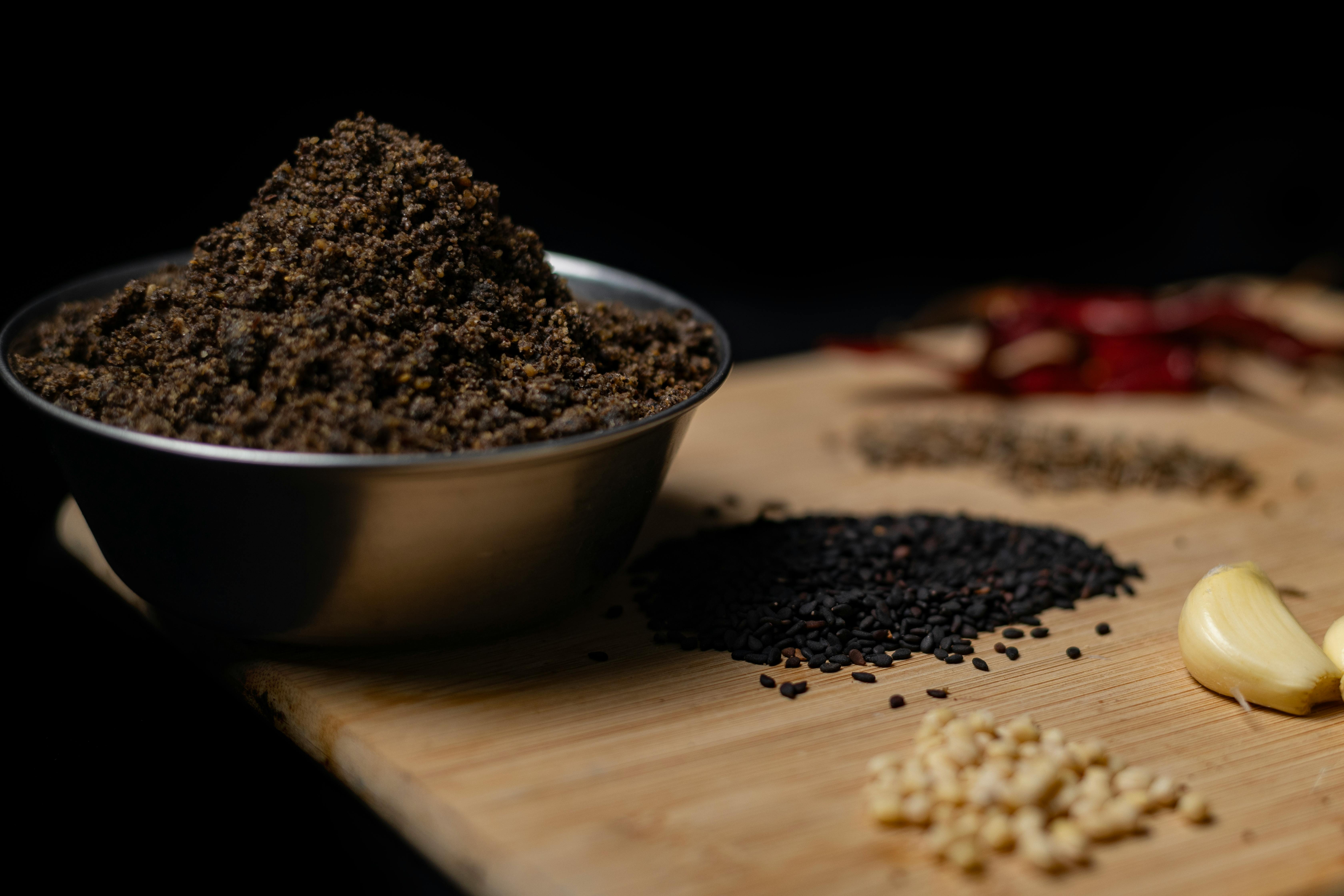
A staple in traditional medicine, black cumin seed oil (also known as Nigella sativa) contains a potent bioactive compound called thymoquinone. This compound has been extensively studied for its ability to regulate the immune system and reduce inflammation. Thymoquinone works by inhibiting multiple inflammatory pathways, including the production of pro-inflammatory cytokines. Its multifaceted approach makes it a powerful ally for conditions rooted in inflammation, such as asthma and rheumatoid arthritis. A small dose of this oil can be taken daily as a supplement, or you can add the seeds to bread, salads, and curries for a peppery flavor.
52. Red Cabbage: The Anthocyanin & Sulforaphane Combo
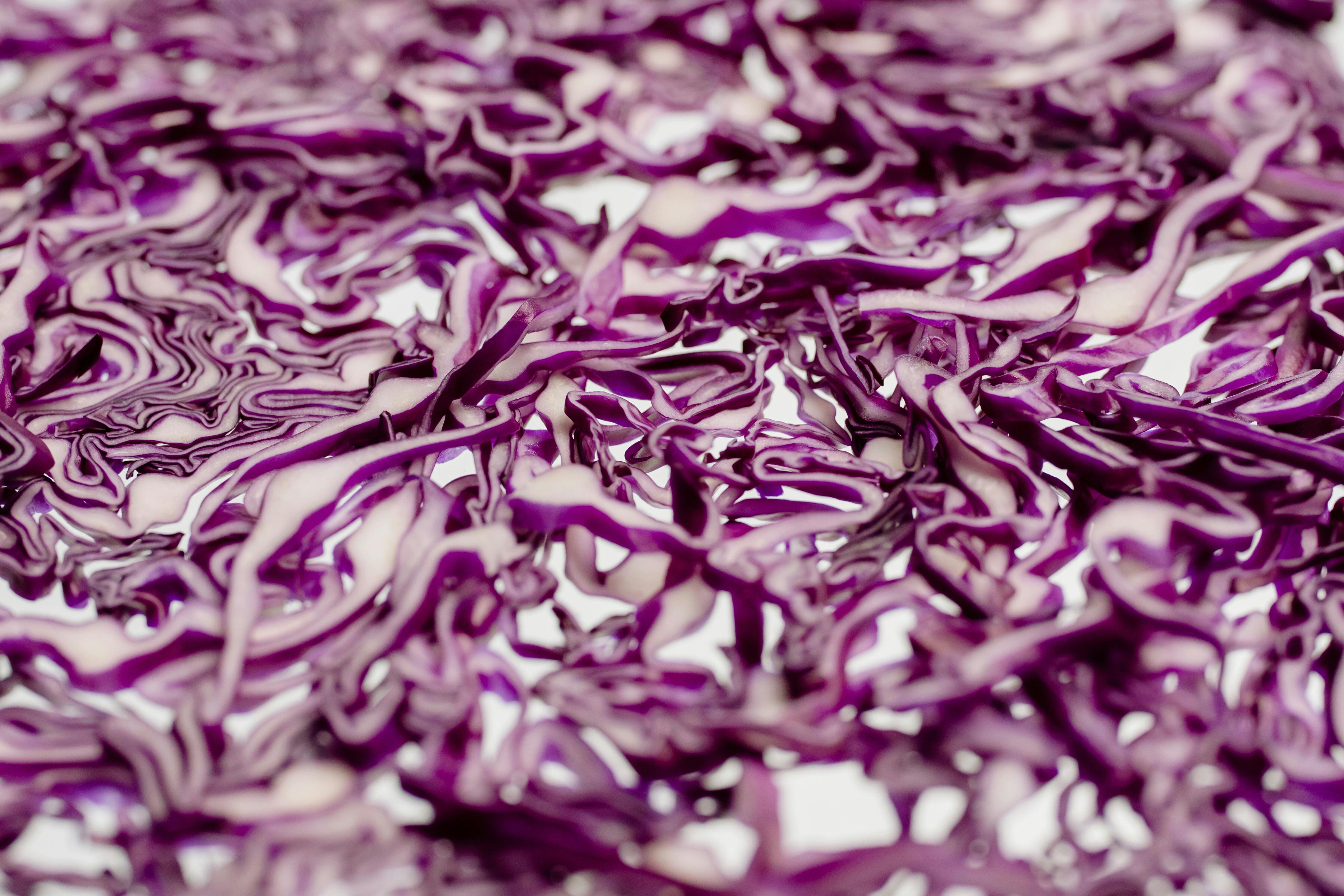
While other vegetables on the list are great, red cabbage is a unique standout because it combines two powerful anti-inflammatory compounds: anthocyanins and sulforaphane. Anthocyanins, which give it its deep purple color, are potent antioxidants that reduce oxidative stress. At the same time, the sulforaphane, a signature of cruciferous vegetables, helps detoxify the body and activate cellular defense mechanisms. This one-two punch of direct antioxidant power and cellular-level support makes red cabbage a highly effective food for fighting inflammation. Enjoy it raw in a slaw, fermented in sauerkraut, or lightly steamed to retain its powerful nutrients.
53. Psyllium Husk: The Pure Soluble Fiber Barrier
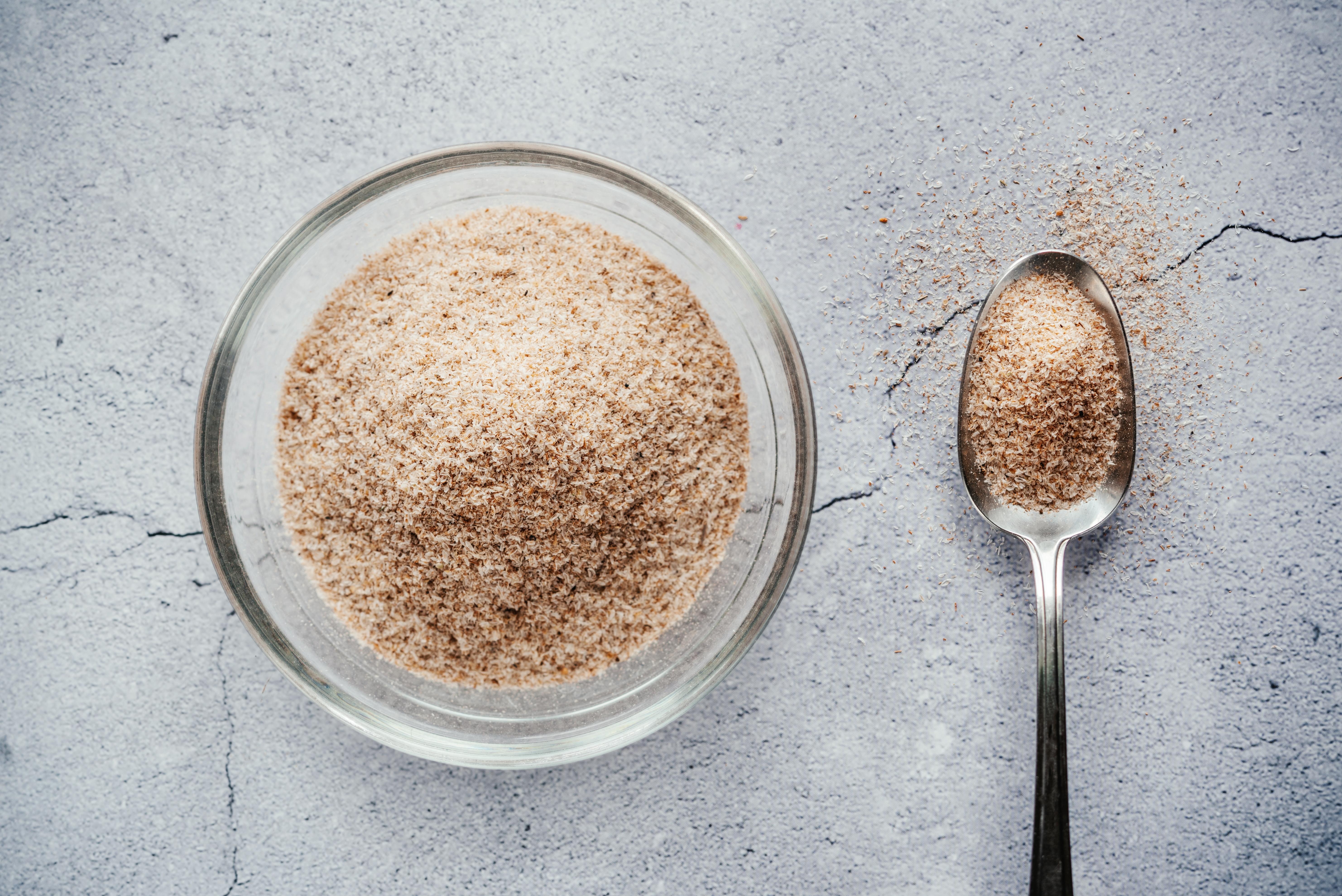
While some foods on your list contain soluble fiber, Psyllium Husk (derived from the Plantago ovata seed) is the single most concentrated, isolated source available, making it essential. It is not just a food; it's a therapeutic fiber tool. When mixed with water, it forms a powerful gel that actively binds to inflammatory bile acids and toxins in the gut, ushering them out. This process reduces the "inflammatory burden" that can leak into the bloodstream. Stir a small amount into water or a morning smoothie; it offers a direct, low-calorie, and highly effective way to stabilize digestion and soothe systemic inflammation from the inside out.
54. Sardines: The Vitamin D and CoQ10 Synergy

Sardines are a true anti-inflammatory triple threat. While you mention general fatty fish, sardines are unique for their high concentration of Vitamin D and Coenzyme Q10 (CoQ10), alongside Omega-3s. Vitamin D is a crucial immunomodulator that helps control the body's inflammatory response, and CoQ10 is an antioxidant that protects the cell's energy centers. This powerful nutrient synergy works better than any single supplement. By improving immune regulation and protecting against cellular damage, sardines offer a highly convenient, affordable, and potent way to combat inflammation at a foundational, cellular level.
55. Pomegranate Juice (Unsweetened): The Punicalagin Power
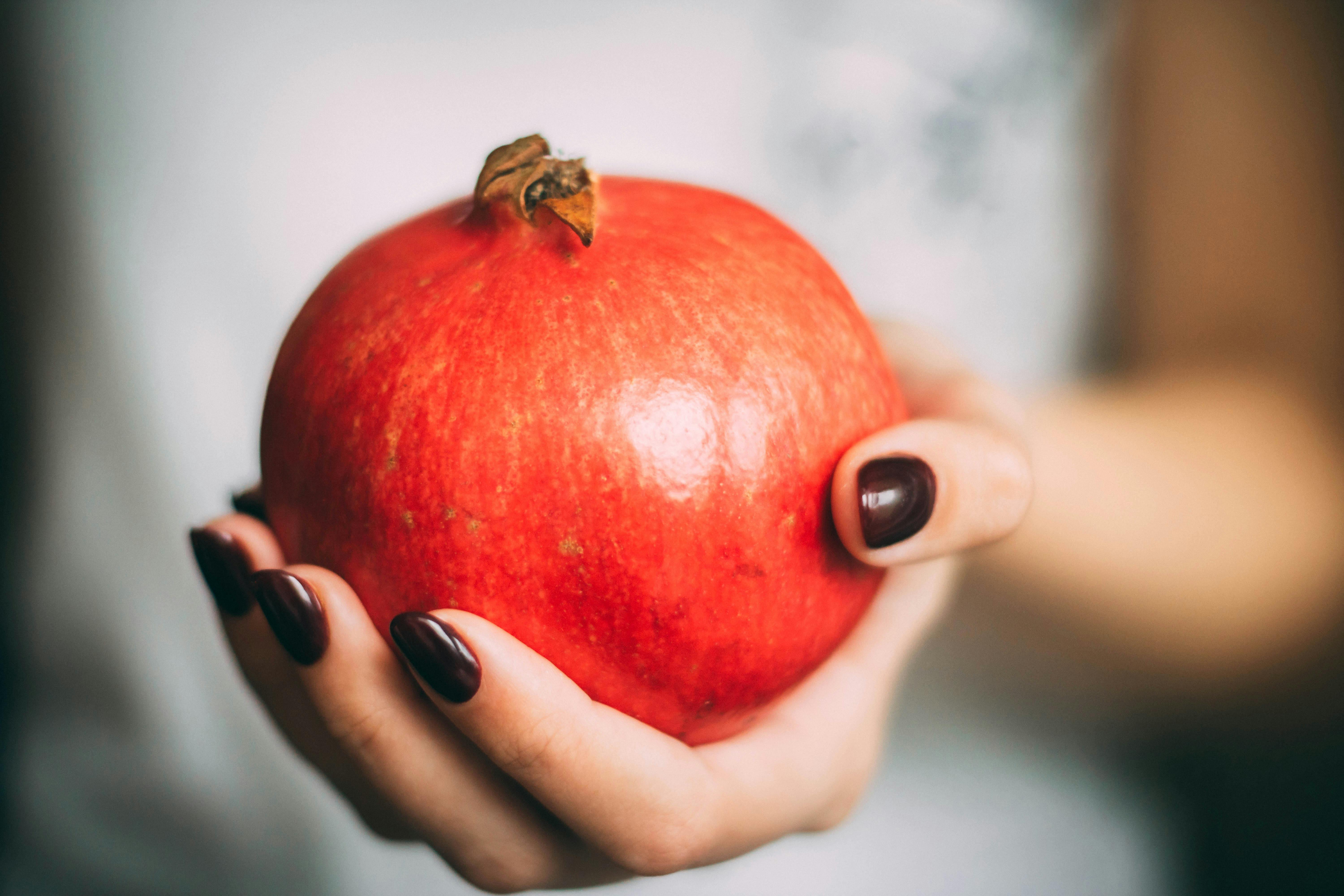
Pomegranate is known for antioxidants, but its unique power lies in compounds called punicalagins. These are water-soluble antioxidants that have been shown to directly reduce inflammatory markers and inhibit the activity of pro-inflammatory enzymes. Pomegranate juice is particularly celebrated for its potent anti-inflammatory effects on the cardiovascular system, helping to prevent damage to the arteries. Always choose the pure, unsweetened juice to avoid negating the benefits with sugar. A daily small glass provides a luxurious, functional dose of these highly protective, concentrated polyphenols.
56. White Willow Bark Tea: The Herbal Analgesic
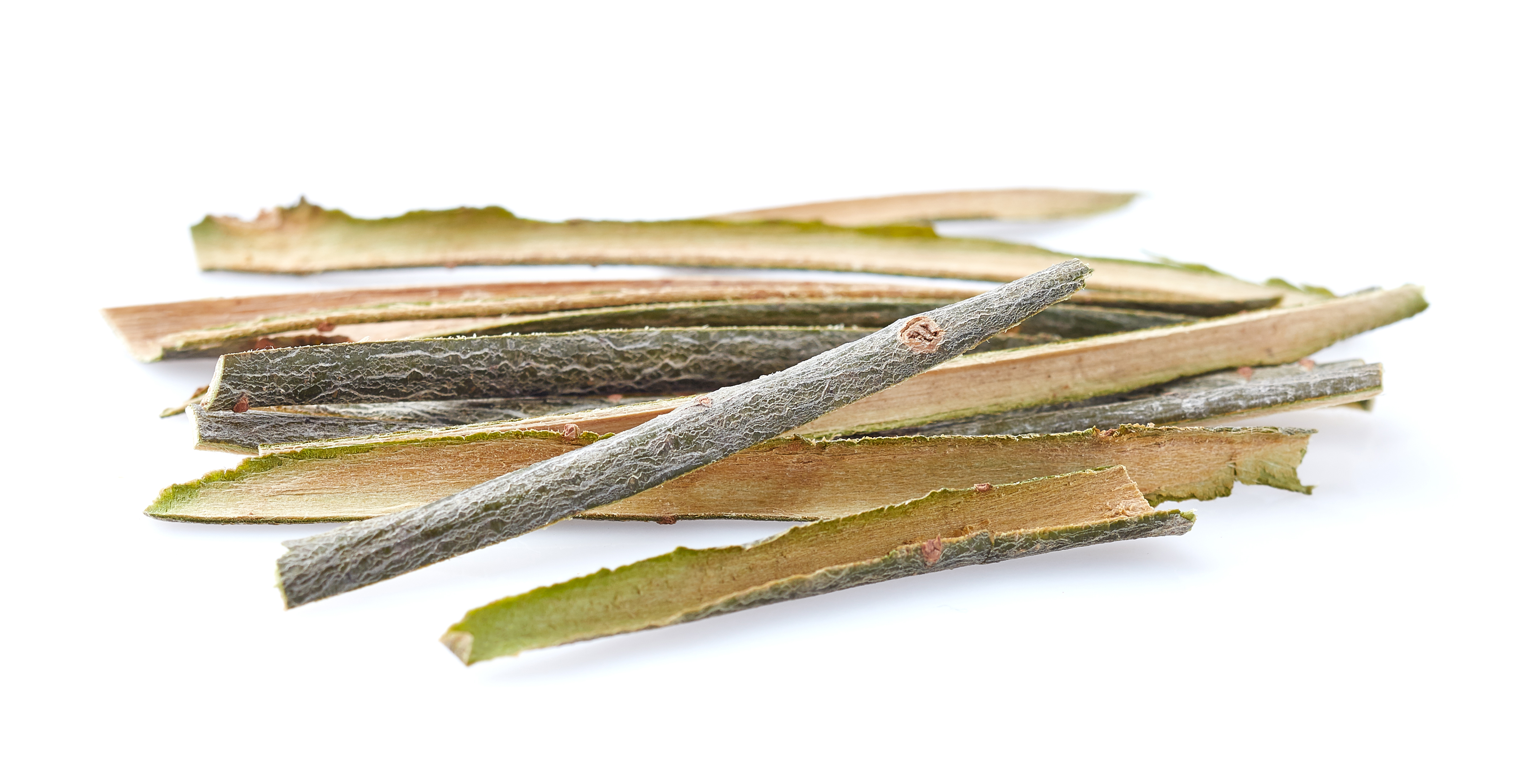
White willow bark (Salix alba) is one of the oldest recorded pain remedies and is the natural source of salicylic acid, the active ingredient in aspirin. The bark contains salicin, which the body metabolizes into an anti-inflammatory compound that works similarly to an NSAID by inhibiting pro-inflammatory prostaglandins. This provides relief for chronic pain and inflammation, such as that associated with arthritis. Enjoyed as a mild tea, this traditional herbal approach offers a time-tested, systematic method for calming inflammatory pain, providing relief without requiring pharmaceutical intervention.
57. Clove Powder: The ORAC Champion Easing Oxidative Stress

Clove powder, often used only for baking, possesses one of the highest ORAC (Oxygen Radical Absorbance Capacity) values of any spice. Its main active compound, eugenol, is a potent antioxidant that directly neutralizes free radicals and inhibits pro-inflammatory enzymes. By dramatically reducing oxidative stress—a key driver of chronic inflammation—cloves provide a powerful internal shield for your cells. A small pinch of powdered clove added to tea, oatmeal, or even rubbed into meats provides a concentrated, aromatic, and easy-to-use dose of anti-inflammatory firepower.
A Delicious Path to Reducing Inflammation
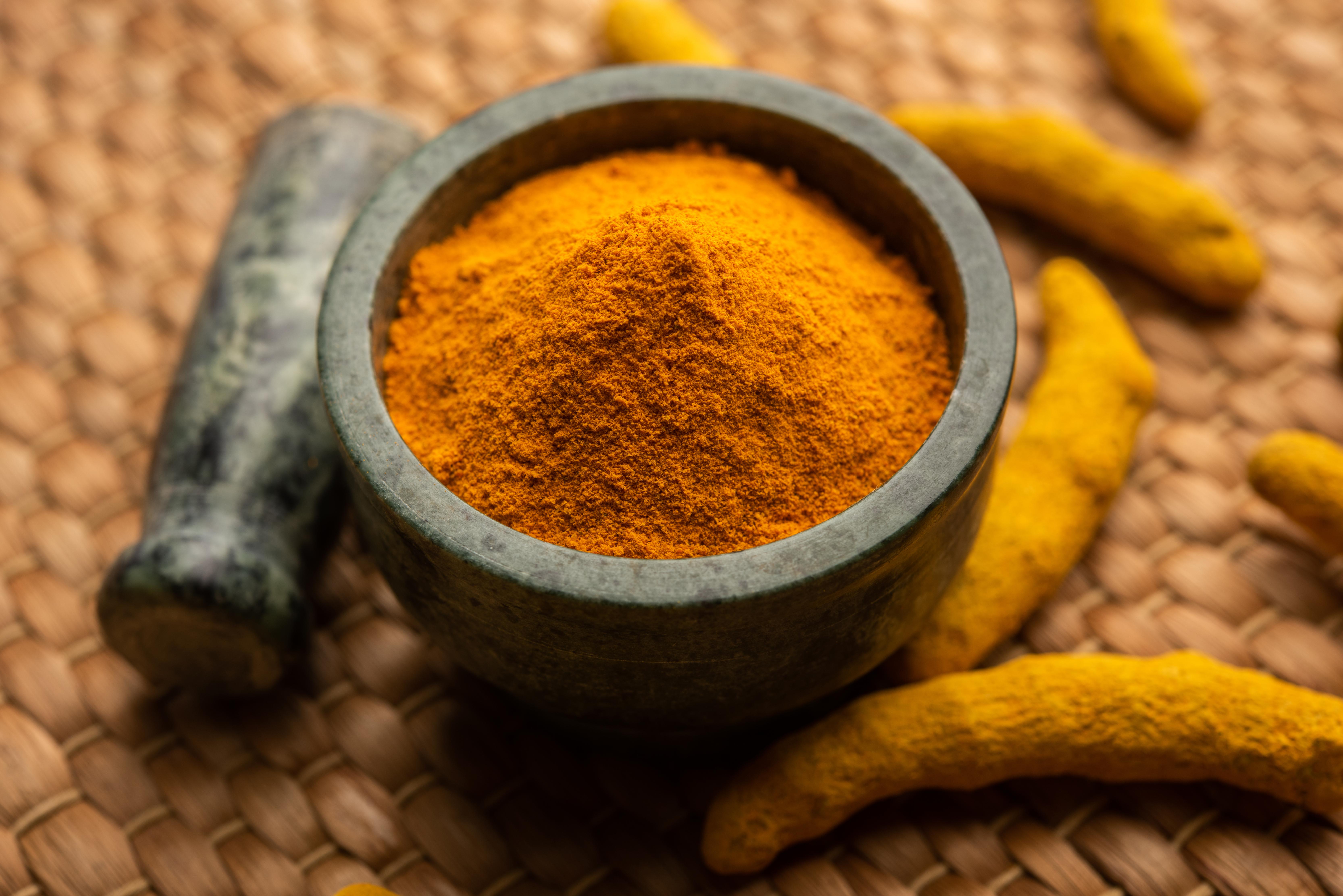
Simple, everyday foods like olive oil, turmeric, and leafy greens can make a profound impact on reducing inflammation and supporting long-term wellness. By adding these nutrient-dense foods to your meals, you're not just fighting inflammation—you’re nourishing your body, improving your overall health, and enhancing your quality of life. Start small, stay consistent, and watch as these anti-inflammatory superfoods help you feel better, inside and out. Your journey to a healthier, inflammation-free life begins right at your table.
